Shows
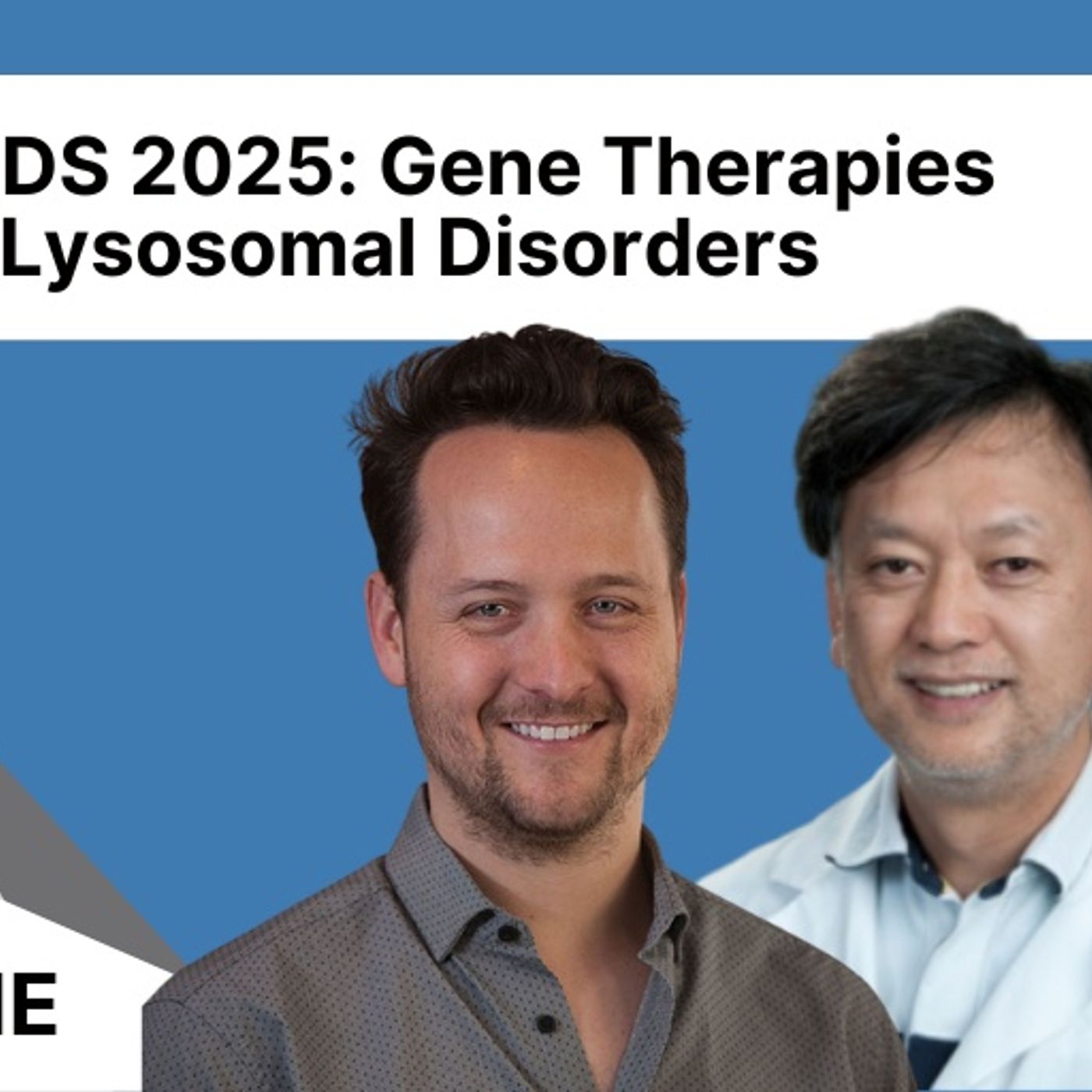
Rare Disease DiscussionsCurrent Issues in Gene Therapies for Lysosomal DisordersShunji Tomatsu, MD, PhD, Professor and Head, Nemours Children’s Health, Delaware, USA; Alessandra d’Azzo, PhD, Emerita Faculty, Genetics, St. Jude Children’s Research Hospital, Tennessee, USA; Merve Emecen Sanli, MD, Associate Professor, Department of Pediatrics, University of Texas Southwestern Medical Center, Texas, USA; and Ryan Colburn, patient with Pompe disease and president of Odimm Inc, discuss new and emerging gene therapies for lysosomal disorders.This continuing education activity is provided through collaboration between the Lysosomal and Rare Disorders Research and Treatment Center (LDRTC), CheckRare CE, and AffinityCE. This activity provides continuing education credit for physicians, physician assista...
2025-12-311h 46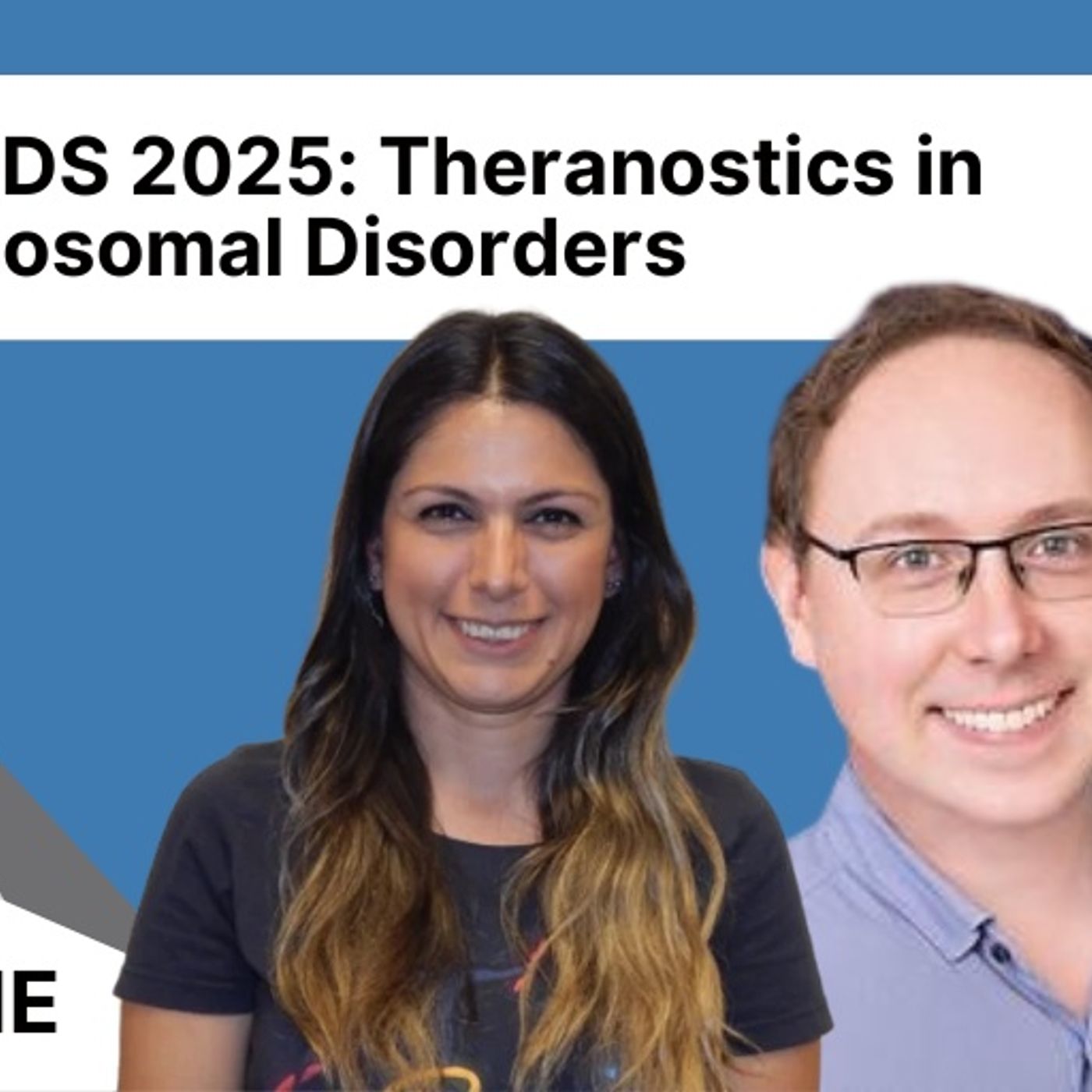
Rare Disease DiscussionsTheranostics and Lysosomal DisordersDuarte C. Barral, PhD, Associate Professor, NOVA Medical School, NOVA University of Lisbon, Portugal; Nuno Raimundo, PhD, Associate Professor, Department of Cellular and Molecular Physiology; Penn State College of Medicine, Pennsylvania, USA; Betul Celik, PhD, Postdoctoral Fellow, Nemours Children’s Health, Delaware, USA; and Gregory Newby, PhD, Assistant Professor, Department of Genetic Medicine, Johns Hopkins School of Medicine, Maryland, USA,discuss the principles of theranostics and its application in lysosomal disorders.This continuing education activity is provided through collaboration between the Lysosomal and Rare Disorders Research and Treatment Center (LDRTC), CheckRare CE, and AffinityCE. This activity provides co...
2025-12-311h 46
Rare Disease DiscussionsExpanded Applications of AI in Lysosomal DisordersOral Alpan, MD, Immunologist, Amerimmune, Virginia, USA; Svenja Keller, PhD student, University of Zurich, Switzerland; Shoshana Revel-Vilk, MD, PhD, Director, Gaucher Unit & Pediatric Hematology/Oncology Unit, Shaare Zedek Medical Center, Jerusalem, Israel; Patrick Deegan, MD, Consultant Metabolic Physician, University of Cambridge, UK; and Ravi Kamath, MD, PhD, Head of Musculoskeletal Radiology, Inova Health System, Virginia, USA, discuss the applications of AI in the diagnosis and treatment of lysosomal disorders.This continuing education activity is provided through collaboration between the Lysosomal and Rare Disorders Research and Treatment Center (LDRTC), CheckRare CE, and AffinityCE. This activity provides continuing education credit...
2025-12-312h 01
Rare Disease DiscussionsOrganoids and Lab-Grown Models in Lysosomal DisordersMia Horowitz, PhD, Tel Aviv University; Aitor Aguirre, PhD, Michigan State University, Michigan, USA; and Ying Sun, PhD, University of Cincinnati, discuss the use of organoid models in lysosomal disorder research and drug development.This continuing education activity is provided through collaboration between the Lysosomal and Rare Disorders Research and Treatment Center (LDRTC), CheckRare CE, and AffinityCE. This activity provides continuing education credit for physicians, physician assistants, nurses, nurse practitioners, and genetic counselors. A statement of participation is available to other attendees.To obtain CME/CE credit, visit https://checkrare.com/learning/p-grids2025-session3-organoids-and-lab-grown-models-in-lysosomal-disorders/
2025-12-311h 36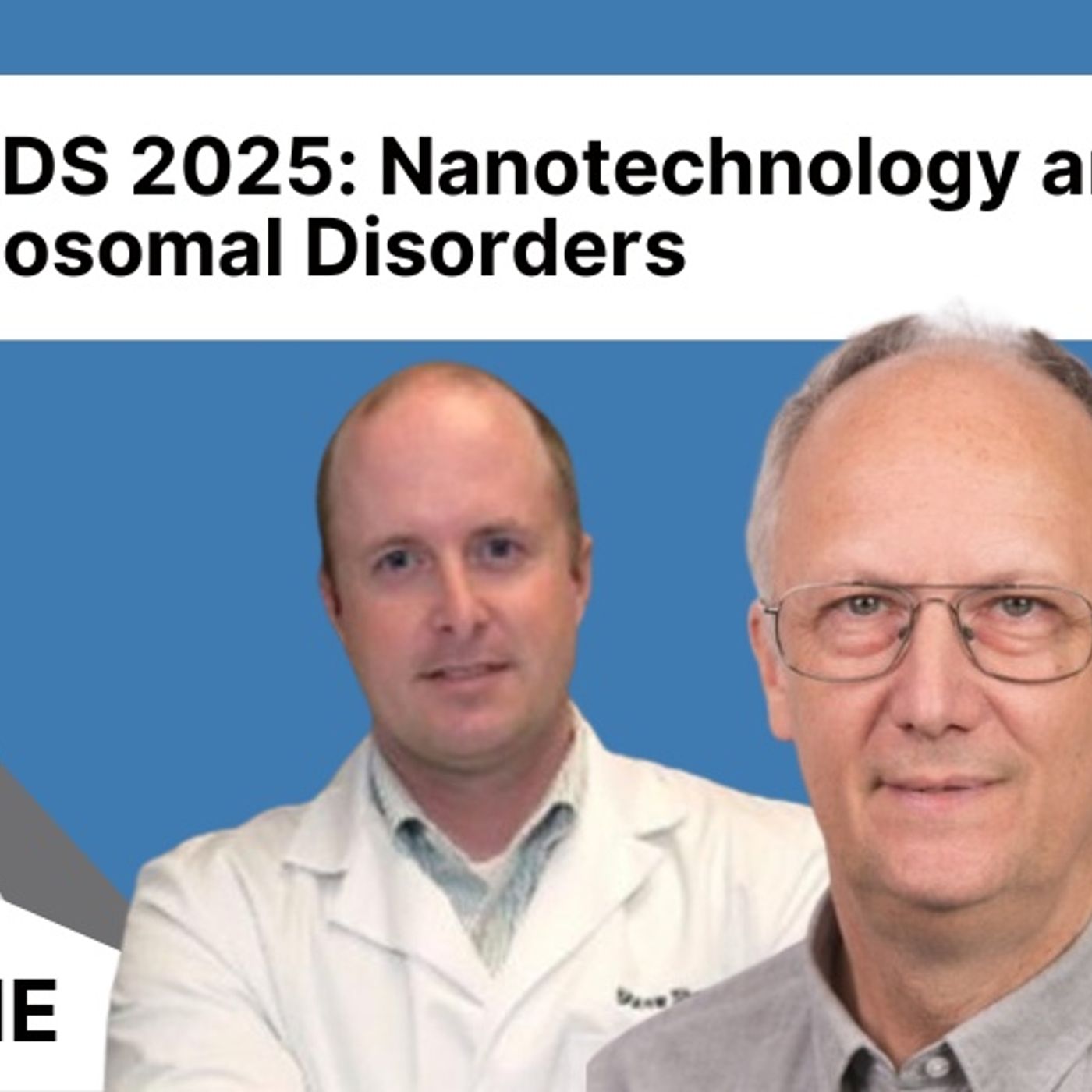
Rare Disease DiscussionsNanotechnology and Lysosomal DisordersStephan Stern, PhD, DABT, Director of Research and Development, Nanotechnology Characterization Lab (NCL), Frederick National Laboratory for Cancer Research, Maryland, USA; and Ruben Boado, PhD, Professor of Medicine, University of California at Los Angeles, California, USA, discuss the use of nanotechnology in the treatment of lysosomal disorders.This continuing education activity is provided through collaboration between the Lysosomal and Rare Disorders Research and Treatment Center (LDRTC), CheckRare CE, and AffinityCE. This activity provides continuing education credit for physicians, physician assistants, nurses, nurse practitioners, and genetic counselors. A statement of participation is available to other attendees.To o...
2025-12-3150 min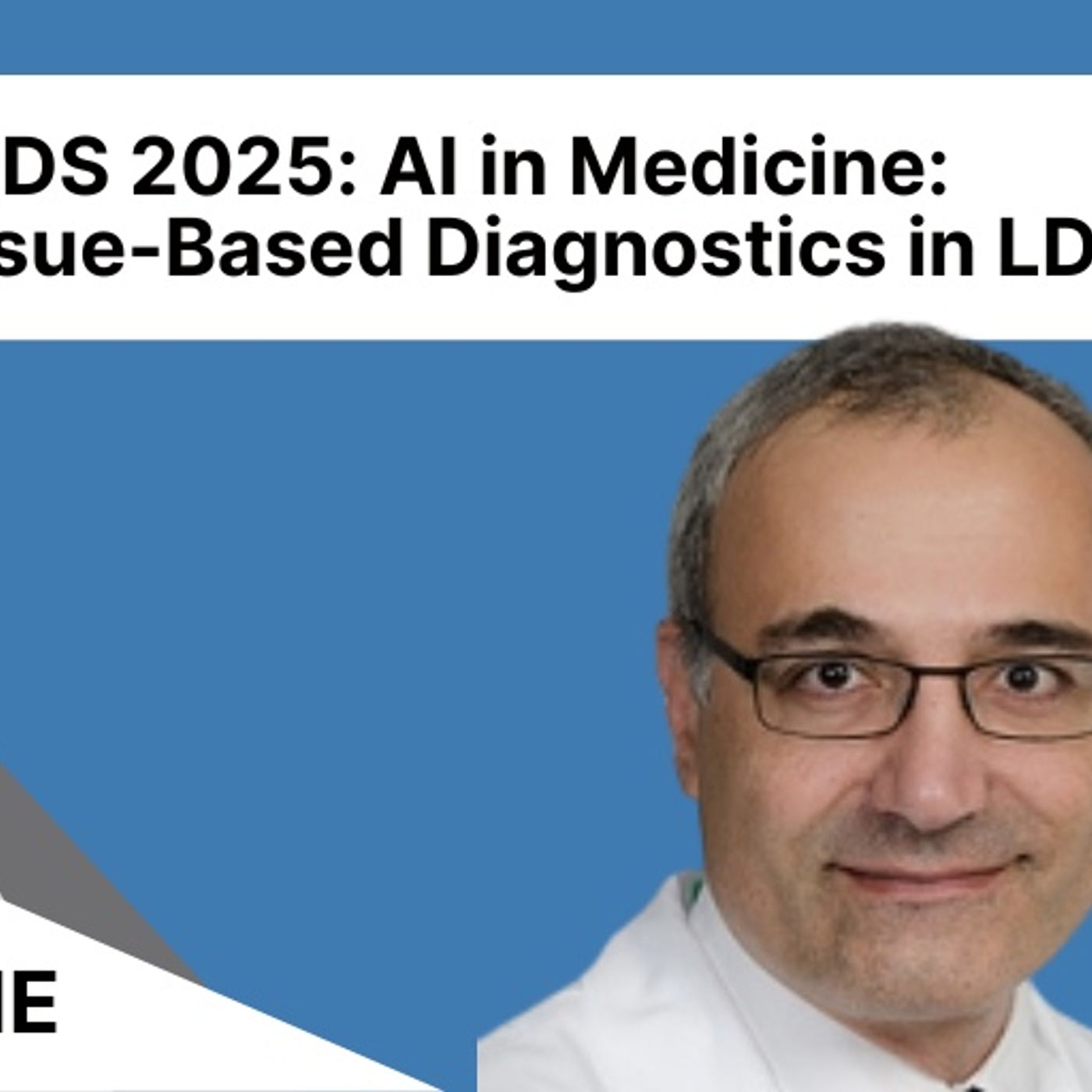
Rare Disease DiscussionsAI in Medicine: Transforming the Landscape of Tissue-Based DiagnosticsBehzad Najafian, MD, Professor, Department of Laboratory Medicine & Pathology, Department of Medicine at the University of Washington, Washington, USA discusses the use of artificial intelligence in identifying and managing lysosomal disorders.This continuing education activity is provided through collaboration between the Lysosomal and Rare Disorders Research and Treatment Center (LDRTC), CheckRare CE, and AffinityCE. This activity provides continuing education credit for physicians, physician assistants, nurses, nurse practitioners, and genetic counselors. A statement of participation is available to other attendees.To obtain CME/CE credit, visit https://checkrare.com/learning/p-grids2025-session1-ai-in-medicine-transforming-the-landscape-of-tissue-based-diagnostics/Learning...
2025-12-3152 min
Rare Disease DiscussionsConsider Rare: Suspecting and Diagnosing CIDPThis accredited continuing education program is supported by an educational grant from Sanofi. Credit for the program can be obtained by visiting https://checkrare.com/learning/p-consider-rare-suspecting-and-diagnosing-cidp/ . This program, led by Jeffrey Allen, MD, Professor of Neurology at the University of Minnesota provides an overview on the diagnostic delays that often occur in patients with CIDP as well as best practices to suspect and diagnose this rare condition more efficiently. This activity has been designed to meet the educational needs of physicians specializing in family medicine, pediatrics, and neurology. Other members of the care team may al...
2025-11-1528 min
Rare Disease DiscussionsLysosomal Disorders and the BrainOzlem Goker-Alpan, MD, Founder and President, Lysosomal & Rare Disorders Research & Treatment Center (LDRTC) and Raphael Schiffmann, MD, of the Texas Christian University, discuss best practices to identify and treat neurologic problems associated with lysosomal disorders.This continuing education activity is provided through collaboration between the Lysosomal and Rare Disorders Research and Treatment Center (LDRTC), CheckRare CE, and AffinityCE. This activity provides continuing education credit for physicians, physician assistants, nurses, nurse practitioners, and genetic counselors. A statement of participation is available to other attendees. To complete the program and obtain credit, visit https://checkrare.com/learning/p-lysosomal-disorders-and-the-brain/ Support f...
2025-10-1458 min
Rare Disease DiscussionsCase Studies in Diagnosing and Managing FOPThis program, led by Christiaan Scott, MD, Professor of Pediatric Rheumatology at the University of Ottawa and Raphaella Stander, MBCHB, Pediatrician at Atlantic Children’s Practice, focused on three case studies to provide physicians with education on best practices to: 1) suspect and diagnose FOP, 2) monitor and manage younger children with FOP, and 3) monitor and manage older children and adults with FOP. This accredited CME program provides healthcare professional with timely and practical education on fibrodysplasia ossificans progressiva (FOP). It is supported by an educational grant from Ipsen Biopharmaceuticals.To obtain CME credit, visit https://checkrare.com/lear...
2025-10-0150 min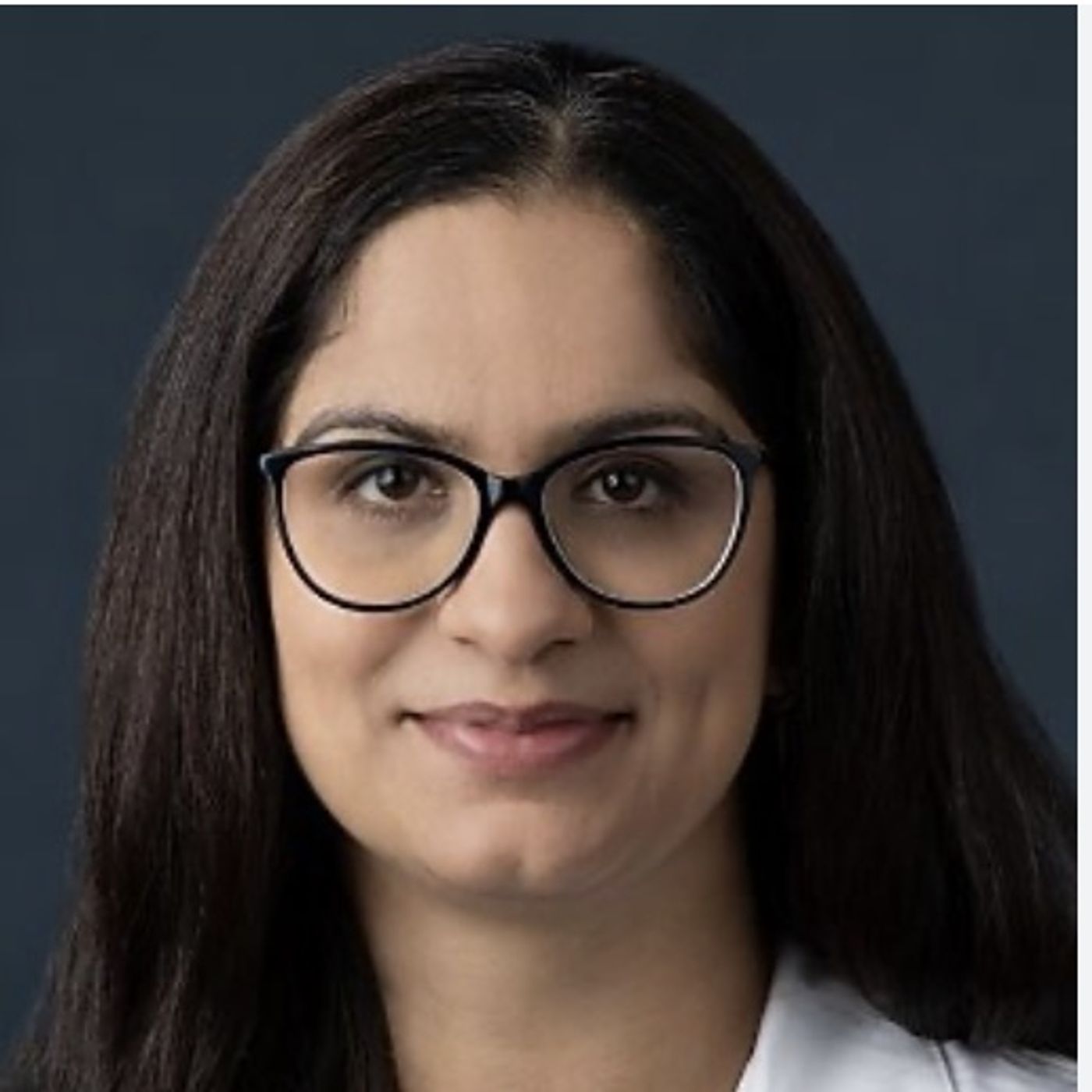
Rare Disease DiscussionsImmune Thrombocytopenia (ITP) Research Highlights: ISTH 2025This accredited CME program highlights the latest clinical research about immune thrombocytopenia (ITP), a rare thrombotic disorder. Led by Shruti Chaturvedi, MD, this program provides a summary of clinically relevant data presented at the International Society of Thrombosis and Haemostatis Congress (ISTH 2025) that can enhance the care of patients with ITP. This program is supported by an educational grant from Sanofi.To receive CME credit, go to https://checkrare.com/learning/p-isth2025-module2-immune-thrombocytopenia-clinical-research-highlights/Target AudienceThis activity has been designed to meet the educational needs of physicians specializing in...
2025-09-1527 min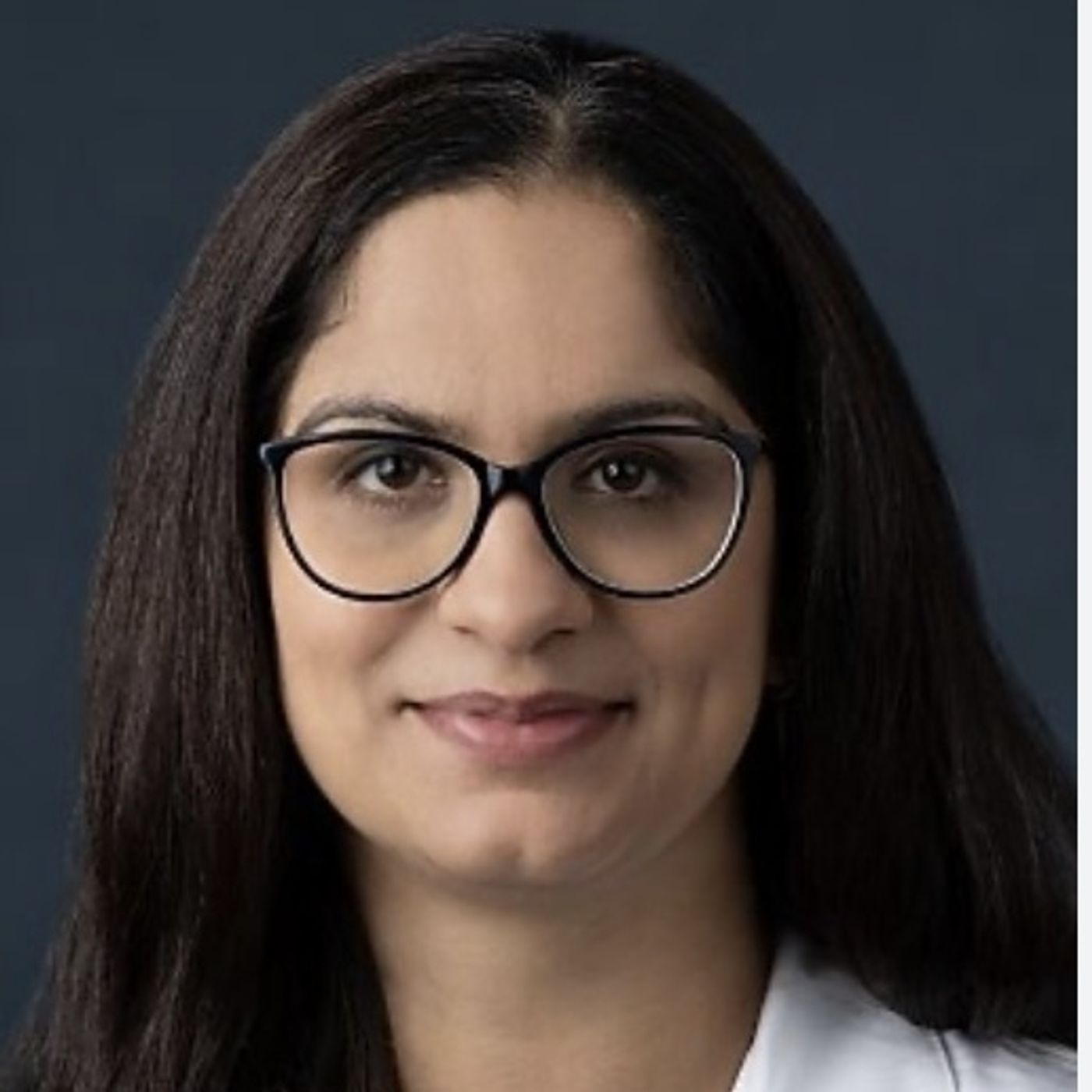
Rare Disease DiscussionsImmune Thrombotic Thrombocytopenic Purpura (iTTP) Research Highlights: ISTH 2025The accredited CME program highlights the latest clinical research about iTTP, a rare thrombotic disorder. Led by Shruti Chaturvedi, MD, this activity provides a summary of clinically relevant data presented at the International Society of Thrombosis and Haemostatis Congress (ISTH 2025) that can enhance the care of patients with iTTP. This program is supported by an educational grant from Sanofi.To receive CME credit, go to https://checkrare.com/learning/p-isth2025-module3-immune-thrombotic-thrombocytopenic-purpura-ittp-clinical-research-highlights/Target AudienceThis activity has been designed to meet the educational needs of physicians specializing in iTTP. Ot...
2025-09-1525 min
Rare Disease DiscussionsHemophilia Research Highlights: ISTH 2025The accredited CME program highlights the latest clinical research about hemophilia, a rare, genetic bleeding disorder. Led by Dr. Steven Pipe, MD, this activity provides a summary of clinically relevant data presented at the International Society of Thrombosis and Haemostatis Congress (ISTH 2025) that can enhance the care of patients with hemophilia. This program is supported by an educational grant from Sanofi.To receive CME credit, visit https://checkrare.com/learning/p-isth2025-module1-hemophilia-clinical-research-highlights/Target AudienceThis activity has been designed to meet the educational needs of physicians specializing in he...
2025-09-1544 min
Rare Disease DiscussionsMyasthenia Gravis Clinical Research Highlights: AAN 2025This program is supported by an educational grant from UCB, Inc. This accredited CME program highlights the latest clinical research about myasthenia gravis, a rare, autoimmune disease that targets the neuromuscular junction. This program, led by Dr. James Howard Jr, provides a summary of clinically relevant data presented at the American Academy of Neurology Annual Meeting (AAN 2025) held in San Diego, CA that can enhance the care of patients with myasthenia gravis. To obtain CME credit for this program, visit https://checkrare.com/learning/p-myasthenia-gravis-clinical-research-highlights-aan-2025/Target AudienceThis activity has been des...
2025-08-2940 min
Rare Disease DiscussionsSkeletal Involvement in Lysosomal DisordersOzlem Goker-Alpan, MD, Founder and President, Lysosomal & Rare Disorders Research & Treatment Center (LDRTC) and Ravi Kamath, MD, PhD, of Fairfax Radiological Consultants & Inova Health System and University of Virginia School of Medicine Fairfax, Virginia, USA discuss best practices to identify and treat bone problems associated with lysosomal disorders.This continuing education activity is provided through collaboration between the Lysosomal and Rare Disorders Research and Treatment Center (LDRTC), CheckRare CE, and AffinityCE. This activity provides continuing education credit for physicians, physician assistants, nurses, nurse practitioners, and genetic counselors. A statement of participation is available to other attendees....
2025-06-1856 min
Rare Disease DiscussionsFabry Disease Research HighlightsThis program is supported by educational grants from Amicus Therapeutics, Inc. and Chiesi USA Inc.Fabry disease is an inherited lysosomal storage disease caused by mutations in the GLA gene, disrupting the function of the enzyme, α-galactosidase. This results in the accumulation of globotriaosylceramide (GL-3) and its deacylated form, globotriaosylsphingosine (lyso-GL-3), leading to progressive disruption of multiple organ systems. There are currently three treatment options available for Fabry disease, including two enzyme replacement therapies, agalsidase beta and pegunigalsidase alfa, and a chaperone therapy, migalastat. There are also other treatments in development (e.g., gene therapy, other en...
2025-05-2725 min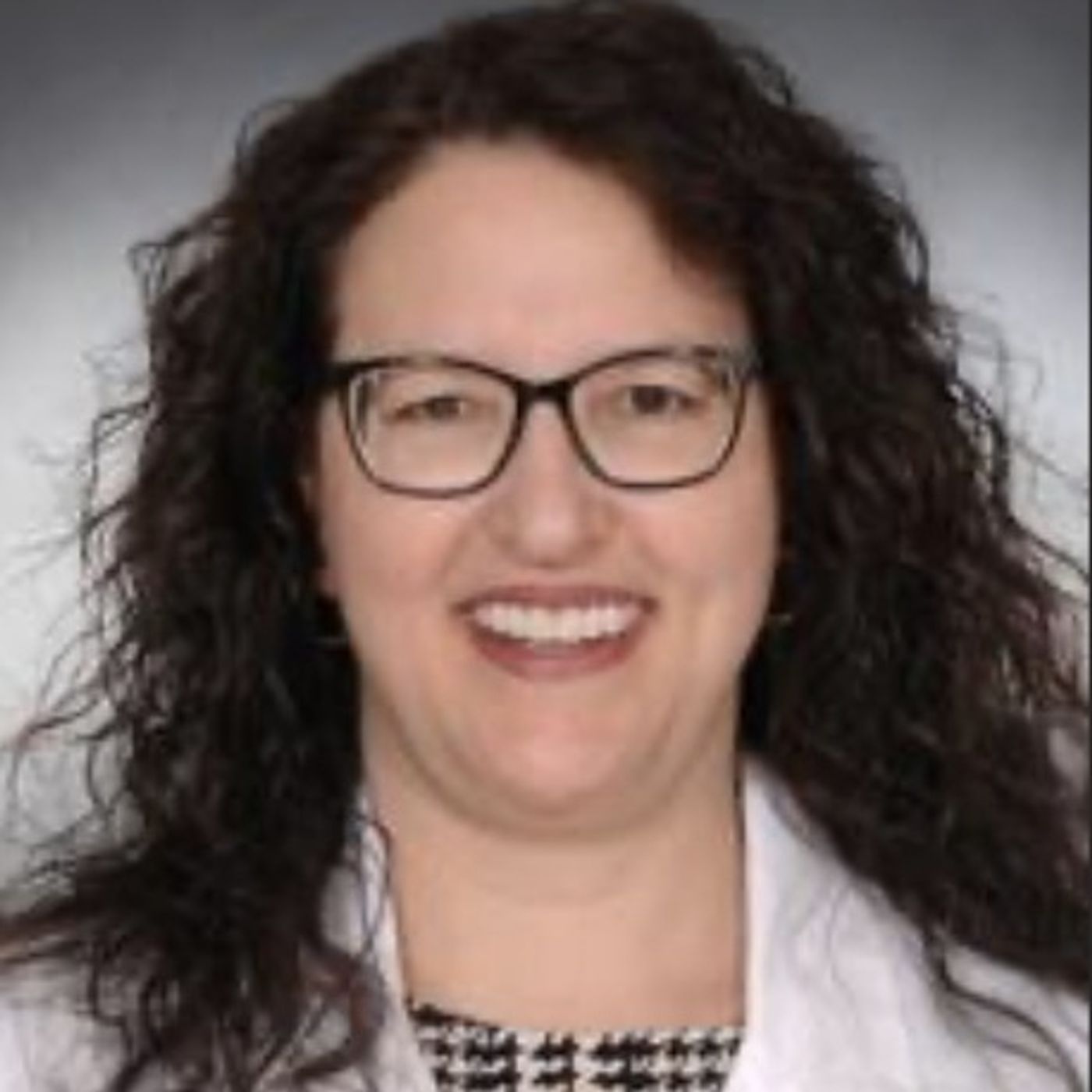
Rare Disease DiscussionsPAH Research Highlights: CHEST 2024This CME program, hosted by Jean Elwing, MD, of the University of Cincinnati College of Medicine provides an overview of the latest clinical research about PAH presented at CHEST 2024.PAH is a rare, progressive disorder characterized by high blood pressure in the pulmonary arteries. Symptoms of PAH include shortness of breath (dyspnea) especially during exercise, chest pain, and fainting episodes. The progressive nature of this disease means that an individual may experience only mild symptoms at first, but will eventually require treatment and medical care to maintain a reasonable quality of life. There are numerous treatment options and...
2025-03-0836 min
Rare Disease DiscussionsConsider Rare: Suspecting and Diagnosing Hereditary Angioedema (HAE)Hereditary angioedema (HAE) is a rare condition often due to reduced levels C1-inhibitor, which is a protein involved in various physiological processes in plasma, most notably with the complement system. C1-inhibitor also binds and inhibits plasma kallikrein and factor XIa, thereby affecting bradykinin production. It is believed that the disruptions of these processes cause fluid to leak from the blood to connective tissue, leading to HAE attacks. Owing to its rarity, HAE is often poorly recognized, leading to misdiagnoses and significant diagnostic delays. Being aware of the early signs and symptoms of this condition can lead to faster...
2025-03-0724 min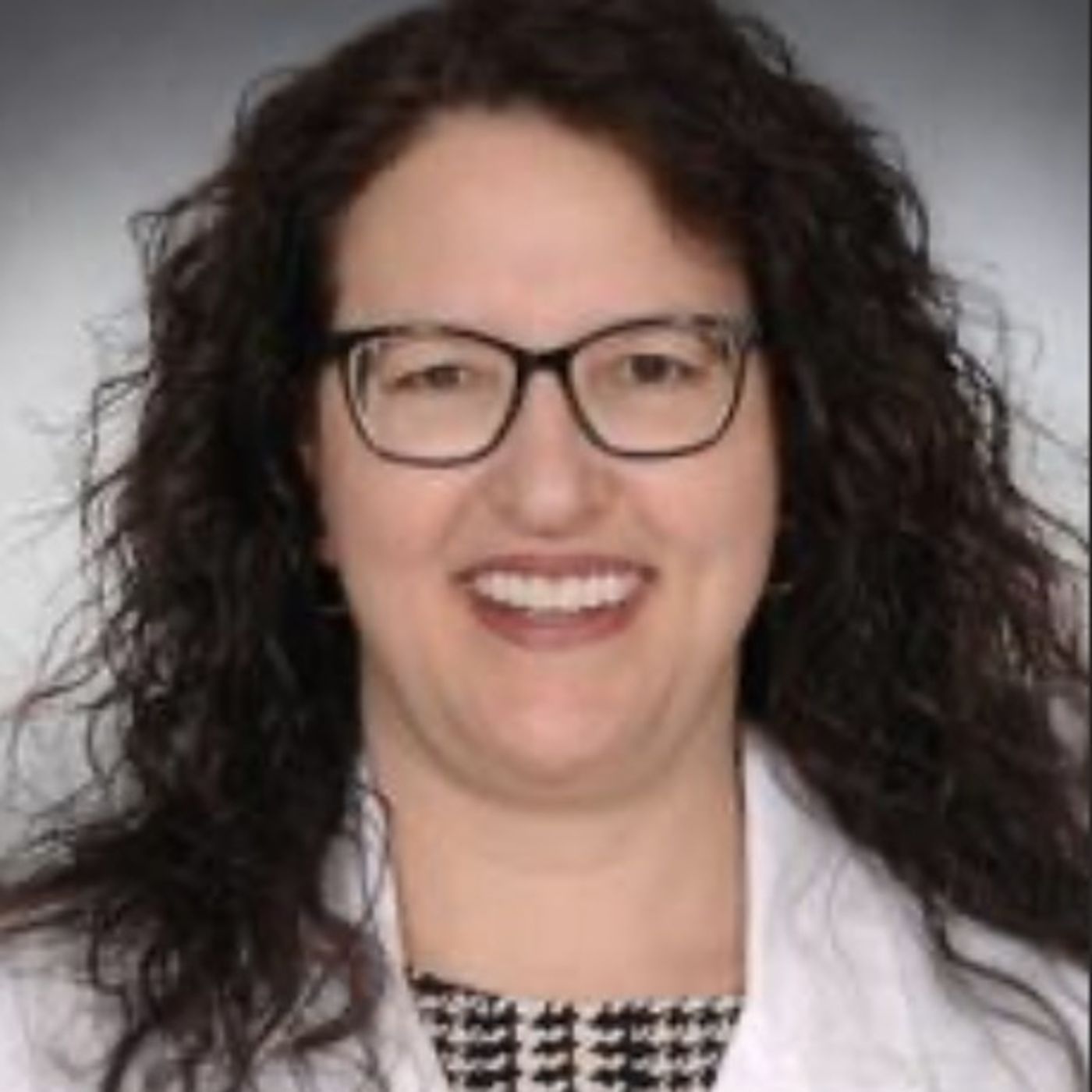
Rare Disease DiscussionsPAH Research Highlights: CHEST 2024This CME program, hosted by Jean Elwing, MD, of the University of Cincinnati College of Medicine provides an overview of the latest clinical research about PAH presented at CHEST 2024.PAH is a rare, progressive disorder characterized by high blood pressure in the pulmonary arteries. Symptoms of PAH include shortness of breath (dyspnea) especially during exercise, chest pain, and fainting episodes. The progressive nature of this disease means that an individual may experience only mild symptoms at first, but will eventually require treatment and medical care to maintain a reasonable quality of life. There are numerous treatment options and...
2025-03-0637 min
Rare Disease DiscussionsHematologic Malignancies and Clinical Trial Participations: A Shared Decision-Making ApproachThis 30-minute CME-accredited program, hosted by John Kuruvilla, MD, discusses best practices for talking to patients with hematologic malignancies about possibly participating in clinical trials.Jointly Provided by American Academy of CME and CheckRare CE.Support for this accredited continuing education activity has been made possible through educational grant from Merck.Estimated time to complete: 0.5 hours Start date: November 30, 2024End date: November 30, 2025 Activity FacultyJohn Kuruvilla, MDHematologist / Clinical InvestigatorPrincess Margaret Cancer CentreProfessor of MedicineUniversity of Toronto Targ...
2024-11-2734 min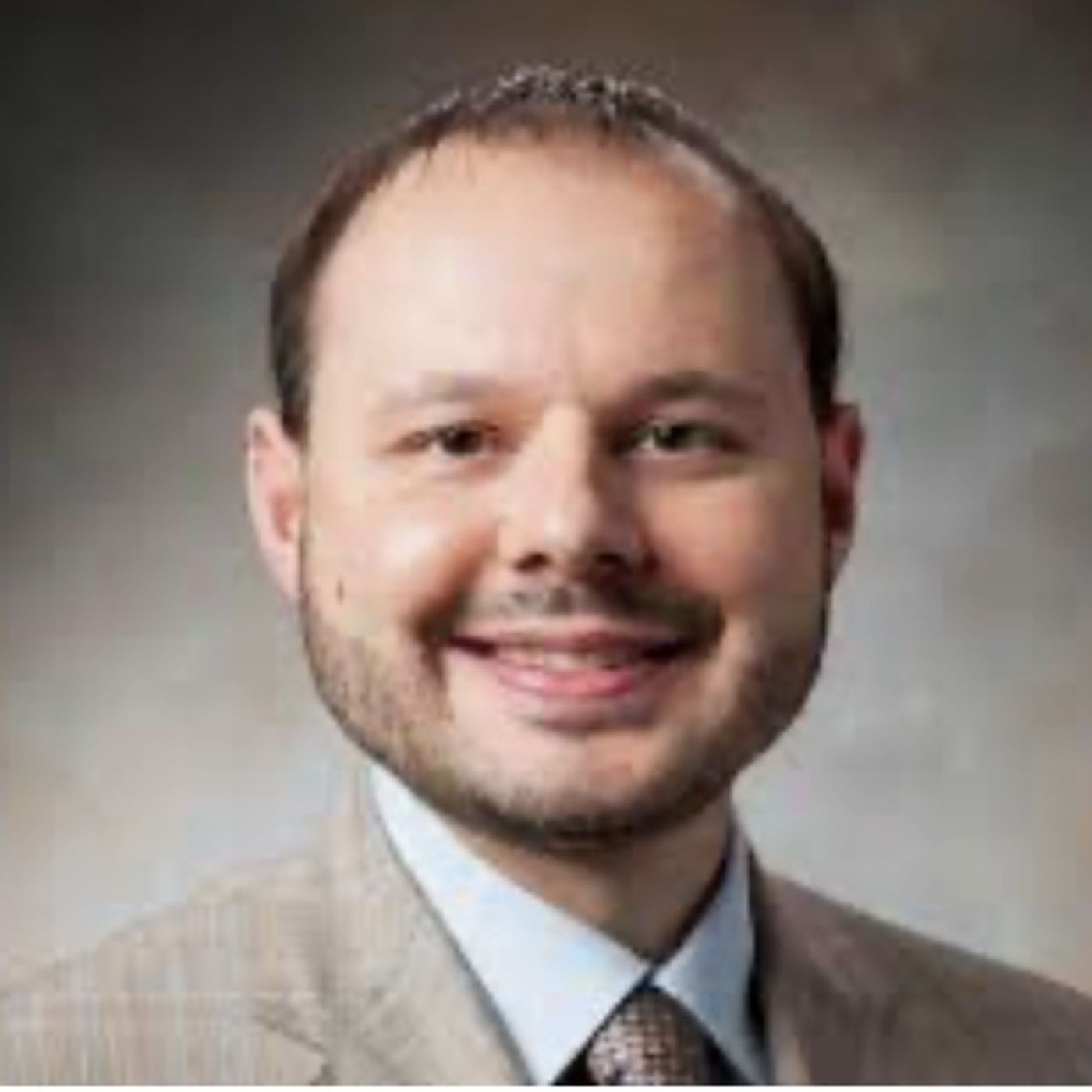
Rare Disease DiscussionsFcRn and Myasthenia GravisJointly Provided by American Academy of CME Inc and CheckRare CE Inc.Support for this accredited continuing education activity has been made possible through an educational grant from argenx US Inc. and UCB.Estimated time to complete: 0.50 hoursStart date: November 7, 2024End date: November 6, 2025This half-hour CME-accredited program, hosted by Richard J. Nowak, MD, MS, explains the role of neonatal fragment crystallizable receptor (FcRn) in myasthenia gravis (MG) and how treatments that target FcRn are being used to manage patients with MG.To obtain credit, visit https://checkrare.com/l...
2024-11-0733 min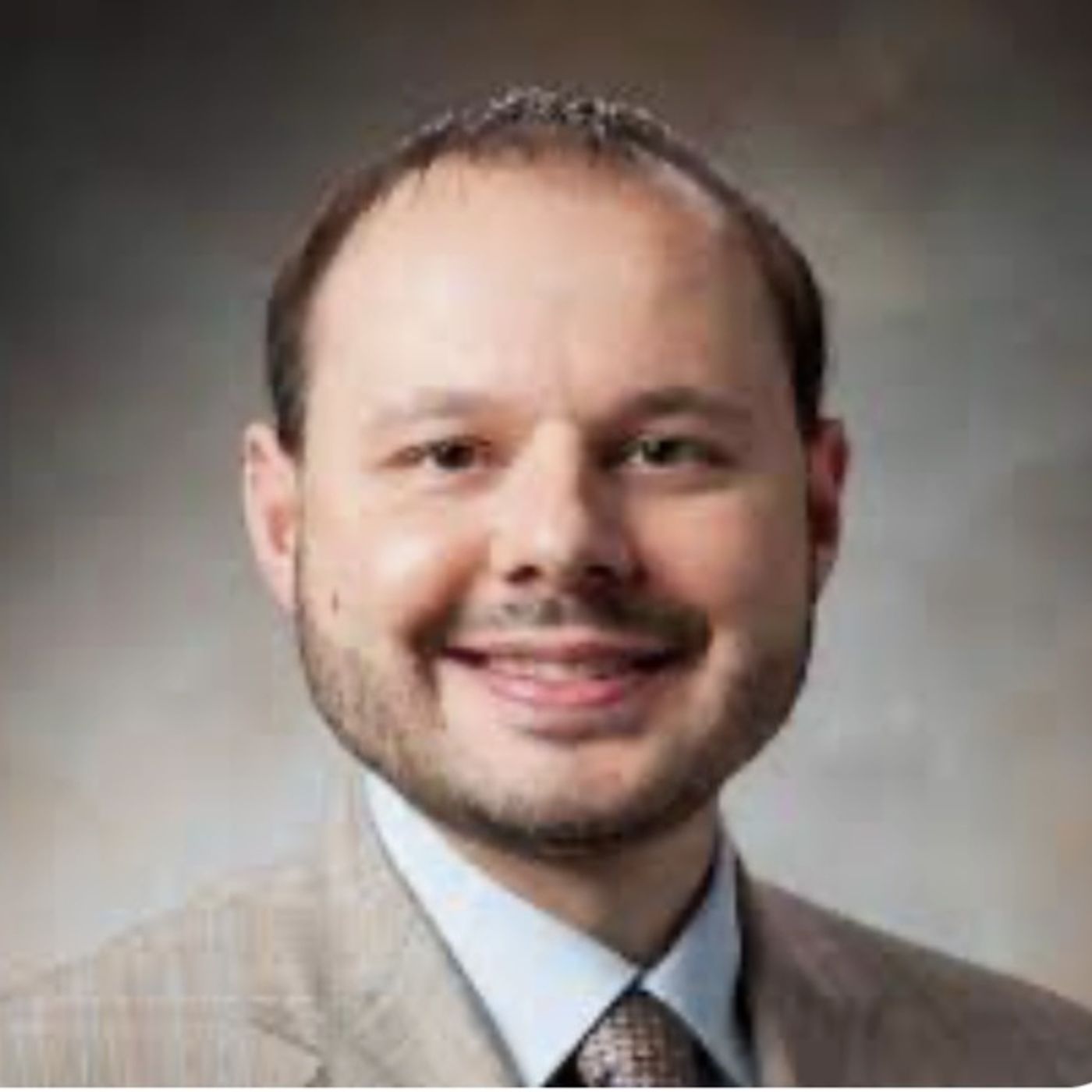
Rare Disease DiscussionsFcRn and Myasthenia Gravis: PathophysiologyJointly Provided by American Academy of CME Inc and CheckRare CE Inc.Support for this accredited continuing education activity has been made possible through an educational grant from argenx US Inc.and UCB.Estimated time to complete: 0.25 hoursStart date: November 7, 2024End date: November 6, 2025This quarter-hour CME-accredited program, hosted by Richard J. Nowak, MD, MS, explains the role of neonatal fragment crystallizable receptor (FcRn) in myasthenia gravis (MG).To obtain CME credit, visit https://checkrare.com/learning/p-fcrn-and-myasthenia-gravis-pathophysiology/ Activity FacultyRichard J. No...
2024-11-0713 min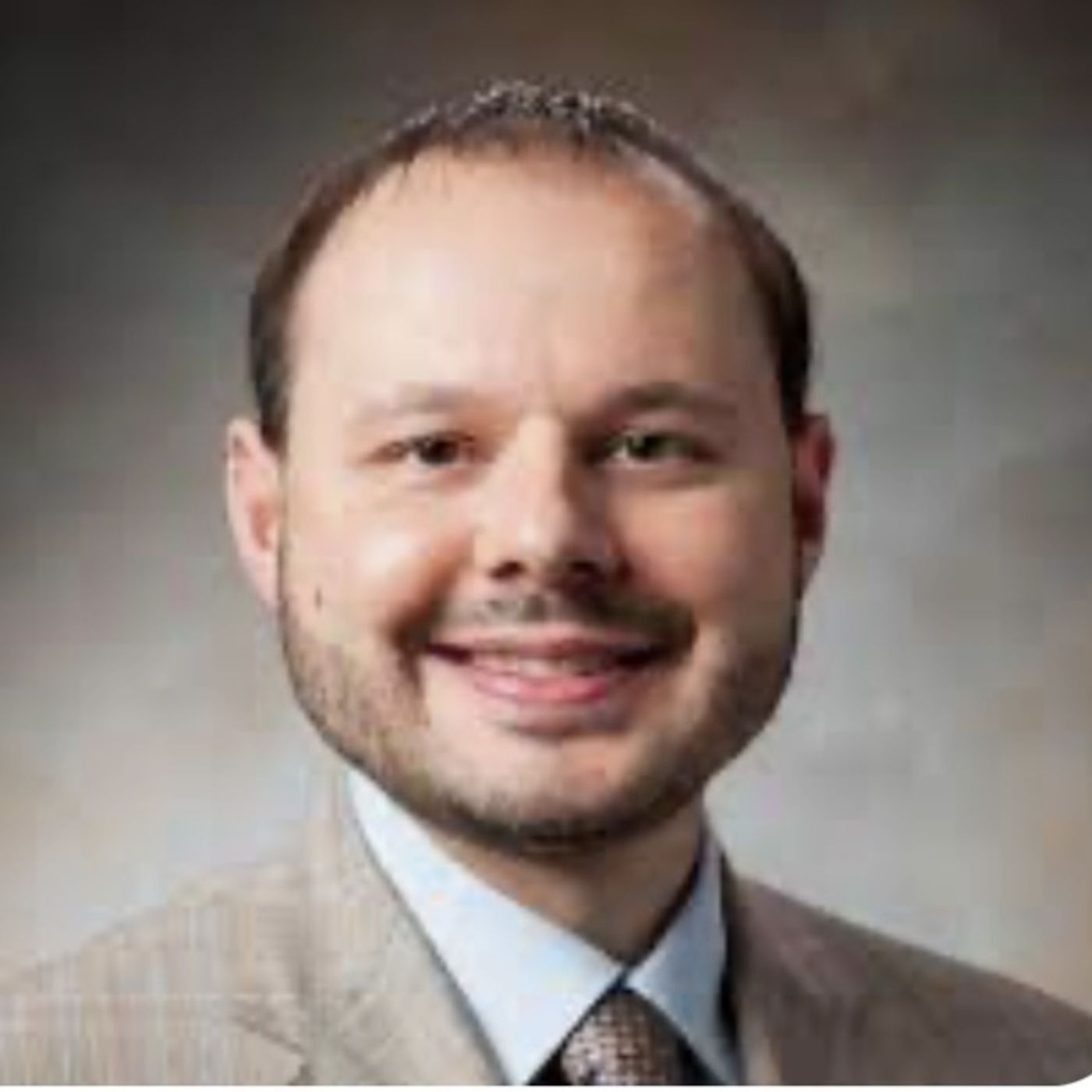
Rare Disease DiscussionsFCRn and Myasthenia Gravis: Treatment OptionsJointly Provided by the American Academy of CME and CheckRare CE Inc.Support for this accredited continuing education activity has been made possible through educational grant from argenx US Inc. and UCB.Estimated time to complete: 0.25 hoursStart date: November 7, 2024End date: November 6, 2025This quarter-hour CME-accredited program, hosted by Richard J. Nowak, MD, MS, discusses the safety and efficacy of neonatal fragment crystallizable receptor (FcRn)-directed therapies for patient with myasthenia gravis.To obtain CME credit, visit https://checkrare.com/learning/p-fcrn-and-myasthenia-gravis-treatment-options/ Activity Faculty
2024-11-0720 min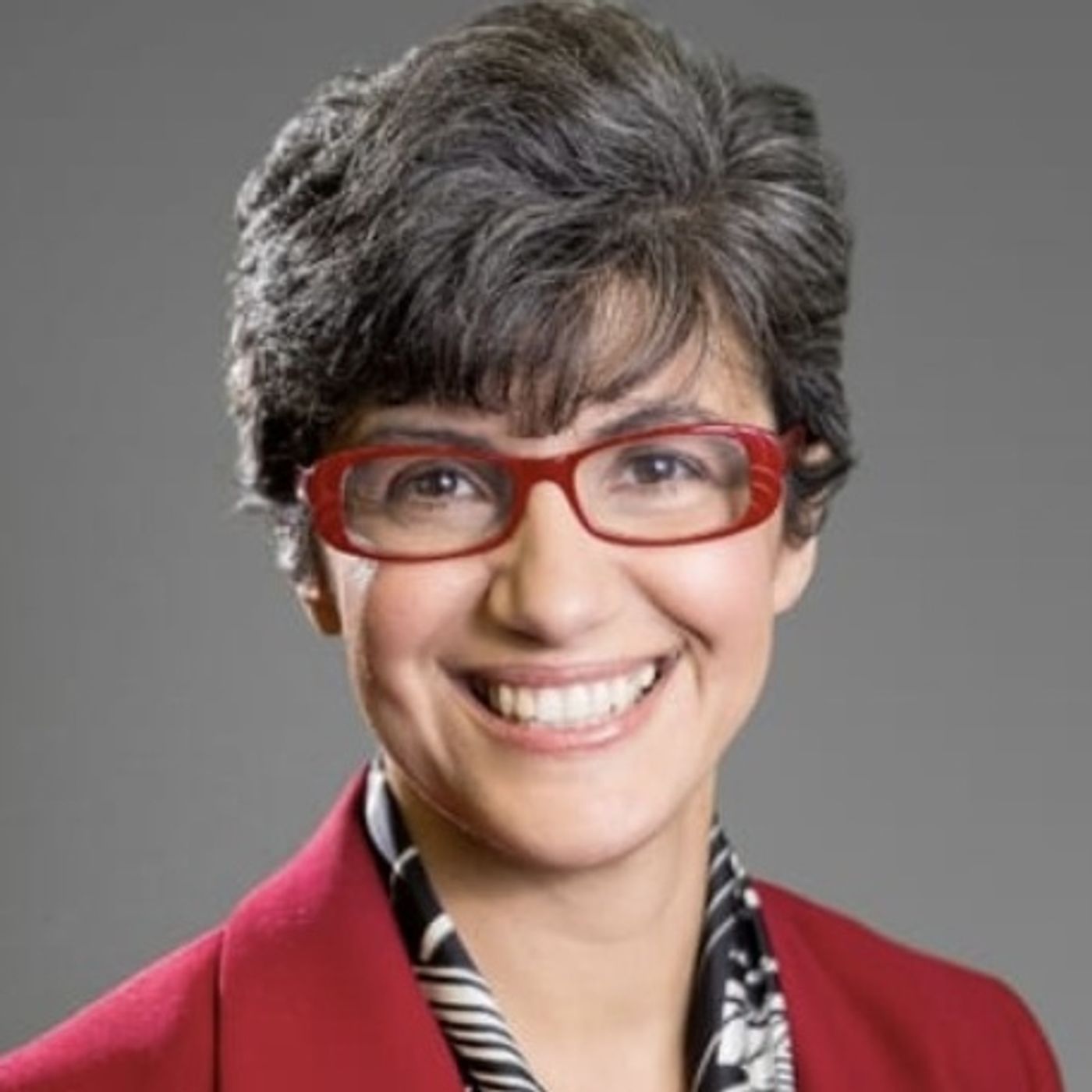
Rare Disease DiscussionsCushing’s Syndrome Treatment Research Highlights: ENDO 2024Continuing EducationThis continuing education activity is provided by AffinityCE and CheckRare CE. This activity provides continuing education credit for physicians. A statement of participation is available for other attendees. Estimated time to complete: 0.50 hoursTo obtain CME credit, go to https://checkrare.com/learning/p-cushings-syndrome-treatment-research-highlights-endo-2024/Commercial SupportEducational Support for this activity was provided by Recordati Rare Diseases, Inc., and Xeris Pharmaceuticals.Learning ObjectiveAfter participating in the activity, learners should be better able to:Describe the latest research being presented to better manage individuals with Cushing’s syndrome and its cl...
2024-09-3033 min
Rare Disease DiscussionsMyasthenia Gravis Research Highlights: AAN 2024Jointly Provided by American Academy of CME and CheckRare CE.Supported by educational grants from argenx US, Inc. and UCB Inc.To claim credit for this program, please visit https://checkrare.com/learning/p-myasthenia-gravis-research-highlights-aan-2024/Estimated time to complete: 0.5 hoursStart date: June 15, 2024End date: June 30,2025Activity DescriptionThis accredited CME program highlights the latest clinical research about myasthenia gravis, a rare, autoimmune disease that targets the neuromuscular junction.Treatment of myastheniagravis is highly individualized and depends greatly on the myasthenia gravis subtype of each patient as well as...
2024-06-1725 min
Rare Disease DiscussionsKidney Involvement in Lysosomal DisordersOzlem Goker-Alpan, MD, Founder and President, LDRTC and David G. Warnock, MD. Professor of Medicine (Emeritus) at University of Alabama at Birmingham discuss best practices to identify and treat kidney problems associated with lysosomal disorders.This CME/CE activity describes the pathophysiologies and management options for lysosomal disease patients with kidney problems. This continuing education activity is provided through collaboration between the Lysosomal and Rare Disorders Research and Treatment Center (LDRTC), CheckRare CE, and AffinityCE. This activity provides continuing education credit for physicians, physician assistants, nurses, nurse practitioners, and genetic counselors. A statement of participation is available to...
2024-03-0500 min
Rare Disease DiscussionsHAE Treatment Advances: Highlights from ACAAIThis 16-minute CME-accredited program, hosted by Aleena Banerji, MD, Associate Professor at Harvard Medical School and Clinical Director of the Massachusetts General Hospital ( MGH) Allergy and Immunology Unit, highlights the future treatment options for patients with hereditary angioedema (HAE) presented at ACAAI 2023. Jointly Provided by American Academy of CME and CheckRare CE. Support for this accredited continuing education activity has been made possible through educational grant from Ionis Pharmaceuticals Inc. Estimated time to complete: 0.25 hours Start date: January 31, 2024 End date: January 30, 2025To obtain CME credit, go to https://checkrare.com/learning/p-hae-treatment-advances-highlights-from-acaai/
2024-03-0316 min
Rare Disease DiscussionsHereditary Angioedema: Current Treatment OptionsThis 25-minute CME-accredited program, hosted by Aleena Banerji, MD, Associate Professor at Harvard Medical School and Clinical Director of the Massachusetts General Hospital ( MGH) Allergy and Immunology Unit, highlights the current treatment options for patients with hereditary angioedema (HAE). Jointly Provided by American Academy of CME and CheckRare CE. Support for this accredited continuing education activity has been made possible through educational grant from Ionis Pharmaceuticals Inc. Estimated time to complete: 0.50 hours Start date: January 31, 2024 End date: January 30, 2025To obtain CME credit, go to https://checkrare.com/learning/p-hereditary-angioedema-current-treatment-options/Activity Faculty
2024-03-0324 min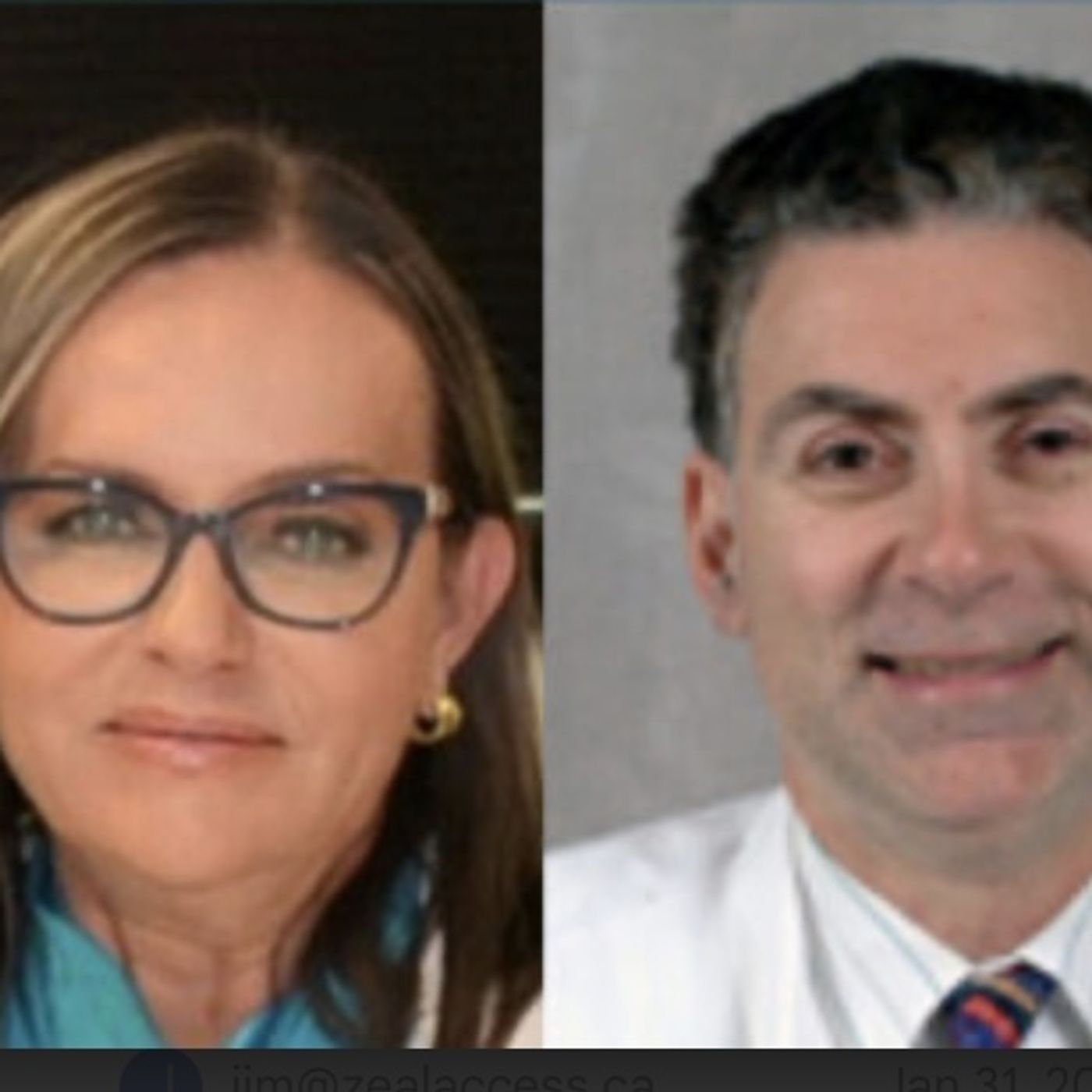
Rare Disease DiscussionsAssessing, Monitoring, and Managing Respiratory Involvement in Lysosomal DisordersOzlem Goker-Alpan, MD of LDRTC and John Bach, MD, Professor of Neurology at Rutgers School of Medicine discuss best practices to manage respiratory complications in persons with lysosomal disorders.This continuing education activity is provided through collaboration between the Lysosomal and Rare Disorders Research and Treatment Center (LDRTC), CheckRare CE, and AffinityCE. This activity provides continuing education credit for physicians, physician assistants, nurses, nurse practitioners, and genetic counselors. A statement of participation is available to other attendees. To receive credit for this program, visit https://checkrare.com/learning/p-ldrtc2023-webinar3-assessing-monitoring-managing-respiratory-involvement-in-lysosomal-disorders/Disclosures
2024-03-0351 min
Rare Disease DiscussionsHereditary Angioedema: Current and Future Treatment OptionsThis 40-minute CME-accredited program, hosted by Aleena Banerji, MD, Associate Professor at Harvard Medical School and Clinical Director of the Massachusetts General Hospital ( MGH) Allergy and Immunology Unit, highlights the current and future treatment options for patients with hereditary angioedema (HAE). Jointly Provided by American Academy of CME and CheckRare CE. Support for this accredited continuing education activity has been made possible through educational grant from Ionis Pharmaceuticals Inc. Estimated time to complete: 0.75 hours Start date: January 31, 2024 End date: January 30, 2025To obtain CME credit, go to https://checkrare.com/learning/p-hereditary-angioedema-current-and-future-treatment-options/
2024-01-3140 min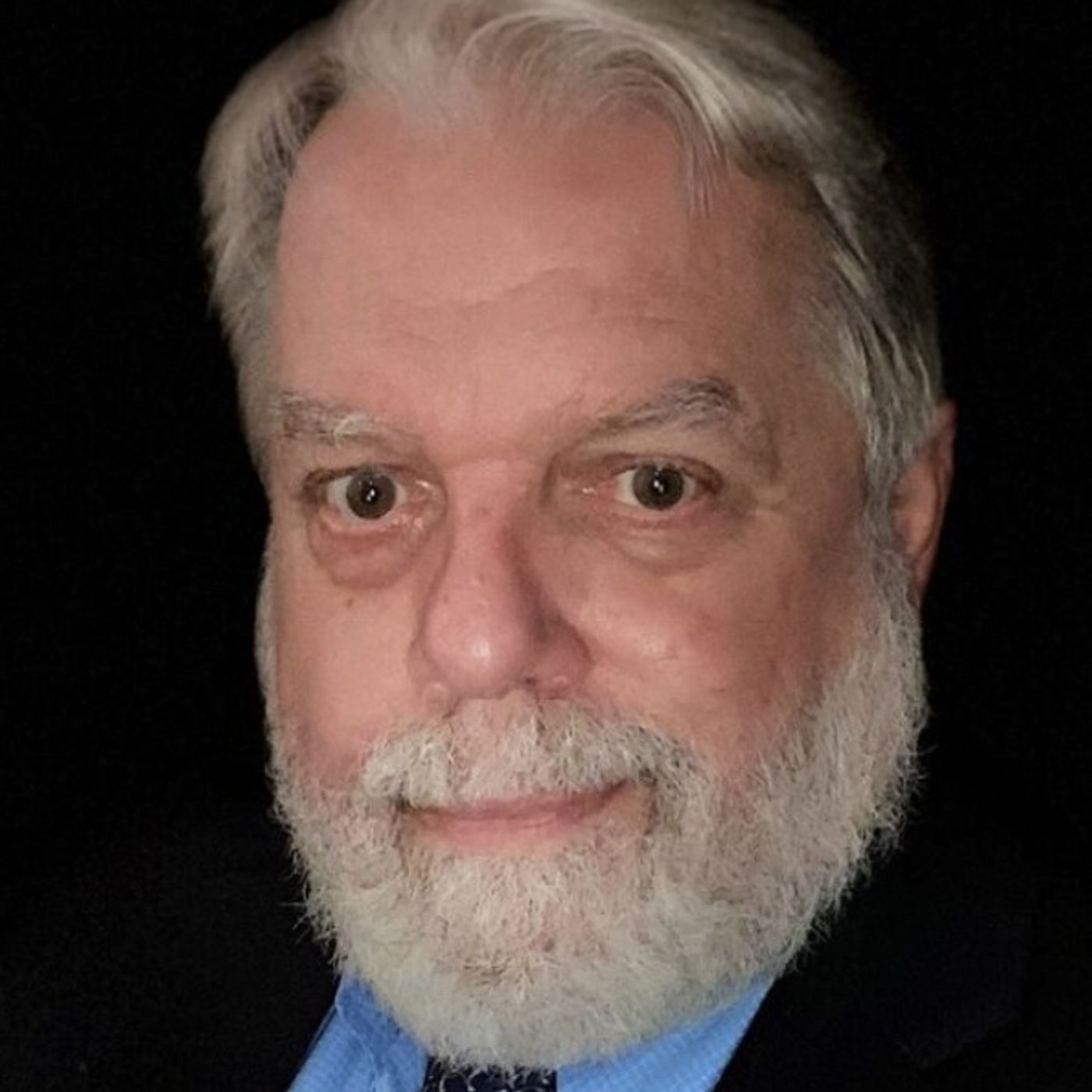
Rare Disease DiscussionsMyasthenia Gravis and the Complement System: Treatment OptionsThis 30-minute CME-accredited program highlights the connection between the complement system and myasthenia gravis in regards to the treatment of this rare disease. Jointly Provided by American Academy of CME and CheckRare CE. Support for this accredited continuing education activity has been made possible through educational grant from UCB. Start date: December 18, 2023. End date: December 18, 2024 To receive CME credit, go to https://checkrare.com/learning/p-myasthenia-gravis-and-the-complement-system-treatment-options/ Activity FacultyJames F Howard Jr, MDProfessor of Neurology, Medicine & Allied Health Department of NeurologyThe University of North Carolina at Chapel Hill
2023-12-1927 min
Rare Disease DiscussionsMyasthenia Gravis and the Complement System: PathophysiologyThis 15-minute CME-accredited program highlights the connection between the complement system and myasthenia gravis in regards to the pathophysiology of this rare disease. Jointly Provided by American Academy of CME and CheckRare CE. Support for this accredited continuing education activity has been made possible through educational grant from UCB. Start date: December 18, 2023. End date: December 18, 2024 To receive CME credit, go to https://checkrare.com/learning/p-myasthenia-gravis-and-the-complement-system-pathophysiology/ Activity FacultyJames F Howard Jr, MDProfessor of Neurology, Medicine & Allied Health Department of NeurologyThe University of North Carolina at...
2023-12-1918 min
Rare Disease DiscussionsMyasthenia Gravis and the Complement SystemThis 45-minute CME-accredited program highlights the connection between the complement system and myasthenia gravis in regards to the pathophysiology and treatment of this rare disease. Jointly Provided by American Academy of CME and CheckRare CE. Support for this accredited continuing education activity has been made possible through educational grant from UCB. Start date: December 18, 2023. End date: December 18, 2024 To receive CME credit, go to https://checkrare.com/learning/p-myasthenia-gravis-and-the-complement-system/ Activity FacultyJames F Howard Jr, MDProfessor of Neurology, Medicine & Allied Health Department of NeurologyThe University of...
2023-12-1944 min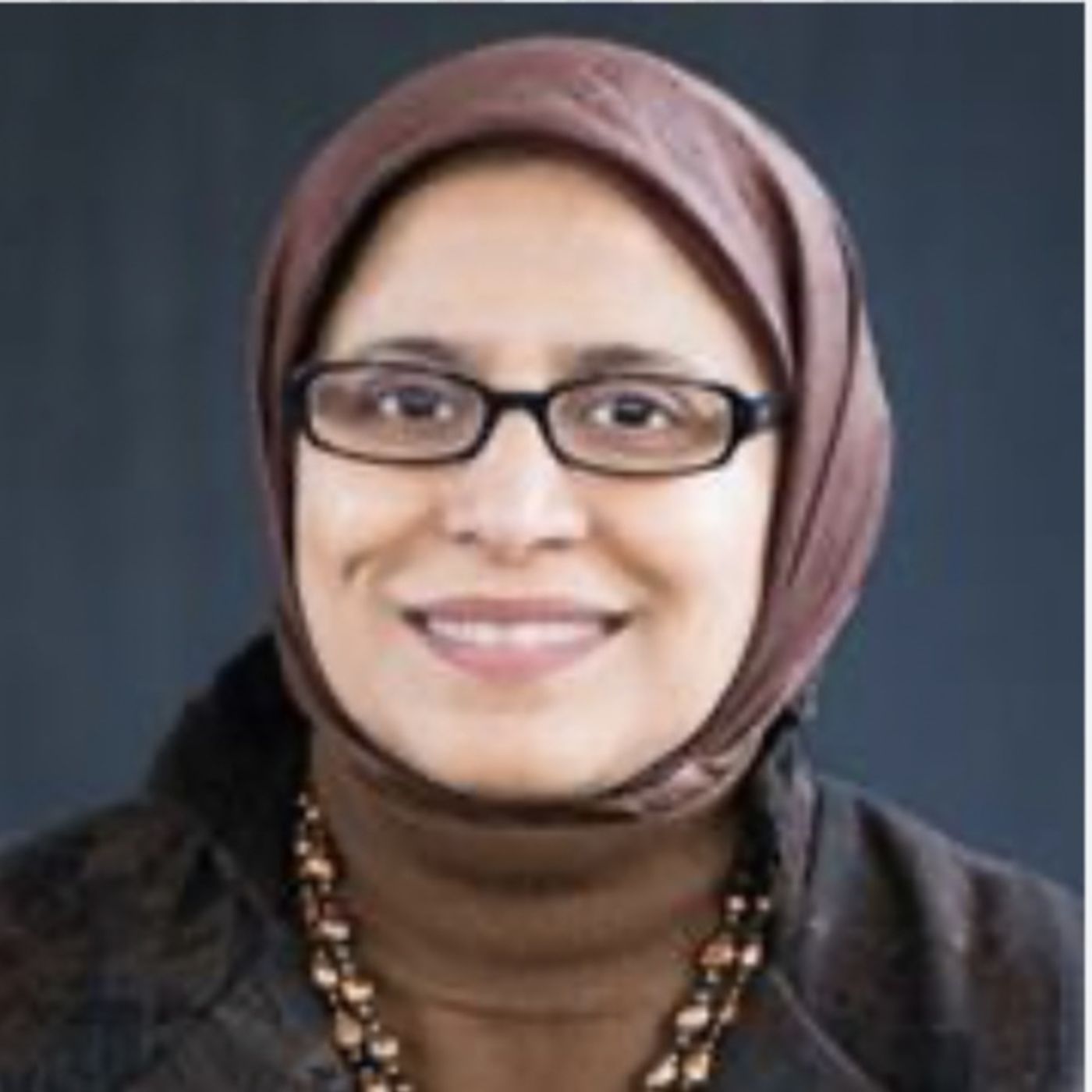
Rare Disease DiscussionsNew Guidance To Treat Tumor-induced Osteomalacia (TIO)Jointly Provided by American Academy of CME and CheckRare CE Support for this accredited continuing education activity has been made possible through an educational grant from Kyowa Kirin. Estimated time to complete: 0.25 hours Start date: November 30, 2023 End date: November 30, 2024 This 15-minute CME-accredited program, hosted by Aliya Khan, MD, Clinical Professor of Medicine at McMaster University, highlights the best practices to diagnose tumor induced osteomalacia (TIO) based on the recently published guidelines in the Journal of Internal Medicine. To earn credit, go to https://checkrare.com/learning/p-new-guidance-to-treat-tumor-induced-osteomalacia-tio-2023-3/ Activity Faculty Aliya...
2023-12-0115 min
Rare Disease DiscussionsNew Guidance To Diagnose Tumor-induced Osteomalacia (TIO)Jointly Provided by American Academy of CME and CheckRare CE Support for this accredited continuing education activity has been made possible through educational grant from Kyowa Kirin. Estimated time to complete: 0.25 hours Start date: November 30, 2023 End date: November 30, 2024 This 15-minute CME-accredited program, hosted by Aliya Khan, MD, Clinical Professor of Medicine at McMaster University, highlights the best practices to diagnose tumor induced osteomalacia (TIO) based on the recently published guidelines in the Journal of Internal Medicine. To earn credit, go to https://checkrare.com/learning/p-new-guidance-to-diagnose-tumor-induced-osteomalacia-tio-2023-2/Activity Faculty Aliya Khan...
2023-12-0121 min
Rare Disease DiscussionsNew Guidance To Diagnose and Treat Tumor-induced Osteomalacia (TIO)Jointly Provided by the American Academy of CME and CheckRare CE Support for this accredited continuing education activity has been made possible through an educational grant from Kyowa Kirin. Estimated time to complete: 0.50 hours Start date: November 30, 2023 End date: November 30, 2024 This 15-minute CME-accredited program, hosted by Aliya Khan, MD, Clinical Professor of Medicine at McMaster University, highlights the best practices to diagnose tumor induced osteomalacia (TIO) based on the recently published guidelines in the Journal of Internal Medicine. To earn credit, go to https://checkrare.com/learning/p-new-guidance-to-diagnose-and-treat-tumor-induced-osteomalacia-tio-2023-1/ Activity Faculty Aliya Khan MD, FRCPC, FACP...
2023-12-0134 min
Rare Disease DiscussionsCushing's Disease Research Highlights: ENDO 2023This 30-min CME program provides an overview of the latest clinical research presented at ENDO 2023 involving Cushing’s disease.FacultyLisa Nachtigall, MDClinical Director, Neuroendocrine & Pituitary Tumor Clinical CenterMassachusetts General HospitalAssociate Professor of MedicineHarvard Medical SchoolLearning Objectives- After participating in the activity, learners should be better able to:- Describe the latest research being presented to better manage individuals with Cushing’s disease and its clinical relevance.- Share new information with their clinical team.Supported by an educational grant from...
2023-10-1624 min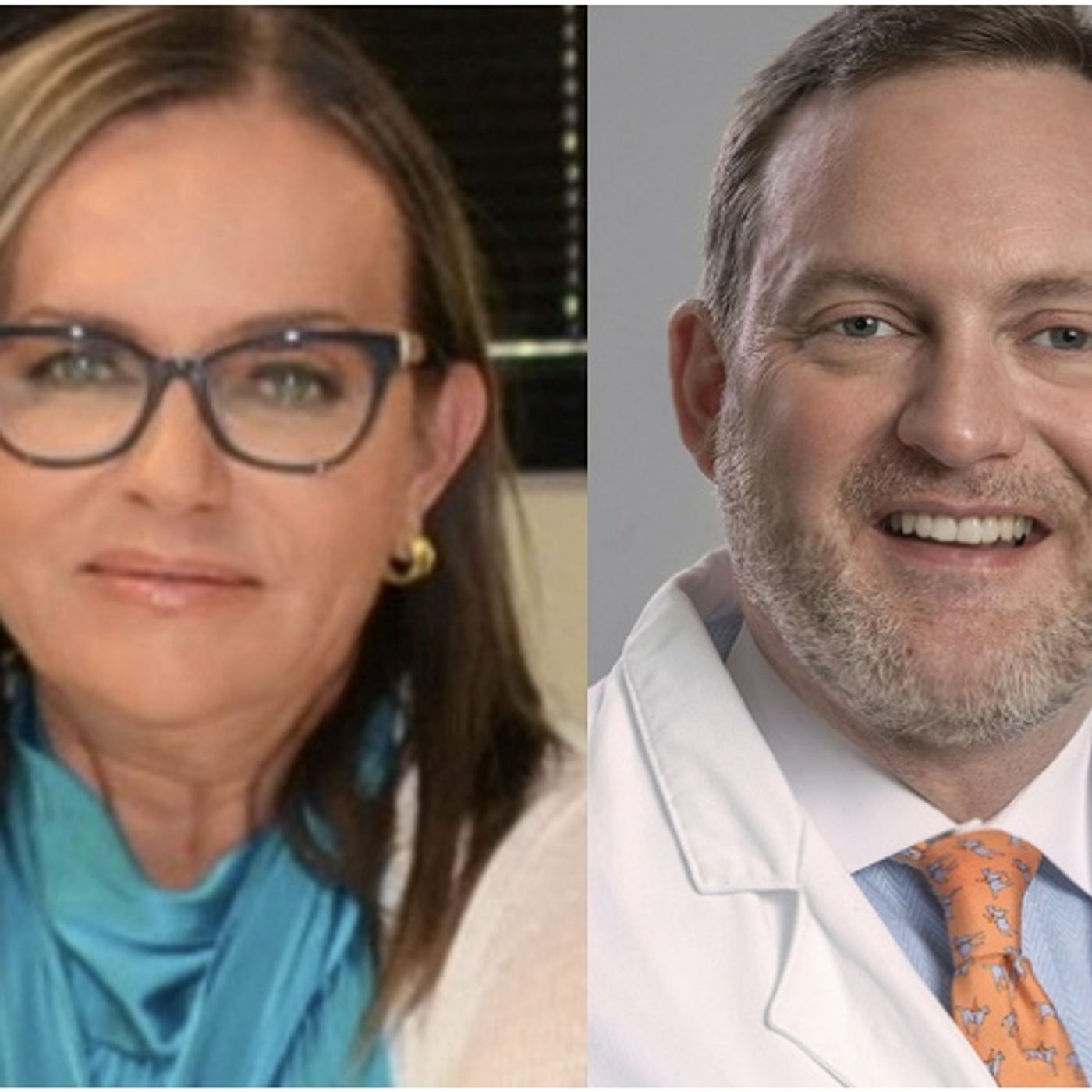
Rare Disease DiscussionsCME: Managing Cardiomyopathies in Lysosomal DisordersThis CME/CE activity describes the pathophysiologies and management options for lysosomal disease patients with cardiomyopathies. This continuing education activity is provided through collaboration between the Lysosomal and Rare Disorders Research and Treatment Center (LDRTC), CheckRare CE, and AffinityCE.This activity provides continuing education credit for physicians, physician assistants, nurses, nurse practitioners, and genetic counselors. A statement of participation is available to other attendees. To receive credit for this program, go to https://checkrare.com/learning/p-ldrtc2022-webinar2-managing-cardiomyopathies-in-lysosomal-disorders/SpeakersOzlem Goker-Alpan, MD, Founder and President, LDRTCJohn Jefferies, MD, Governor, American College Cardiology...
2023-10-051h 13
Rare Disease DiscussionsAcromegaly Research Highlights: ENDO 2023This 30-minute CME program highlights the latest clinical research about acromegaly, a rare, endocrine disorder. Activity Faculty Wenyu Huang, MD, PhD Associate Professor Northwestern University Feinberg School of Medicine Chicago, IL Support for this accredited continuing education activity has been made possible through educational grants from Recordati Rare Diseases Inc. and Ipsen Biopharmaceuticals, Inc. To earn a CME credit, go to https://checkrare.com/learning/p-acromegaly-research-highlights-endo-2023/Estimated time to complete: 0.5 hours Start date: Sep 30, 2023 End date: September 29, 2024 Target Audience: This activity has been designed to meet the educational needs of physicians...
2023-10-0536 min
Rare Disease DiscussionsMyasthenia Gravis Research Highlights: AAN 2023This 30-minute CME program highlights the latest clinical research about myasthenia gravis, a rare, autoimmune disease that targets the neuromuscular junction. Treatment of myasthenia gravis is highly individualized and depends greatly on the myasthenia gravis subtype of each patient as well as each patient’s comorbidities. There are currently four drugs approved by the FDA, eculizumab, efgartigimod, ravulizumab, and rozanolixizumab. There are also treatments in development. Clinical trial data on these therapies were presented at the American Academy of Neurology Annual Meeting (AAN 2023) held in Boston, MA. This CME program, hosted by Vera Bril, MD, of th...
2023-07-1526 min
Rare Disease DiscussionsBuilding and Maintaining a Multidisciplinary Team for Lysosomal DisordersThis continuing education activity is provided through collaboration between the Lysosomal and Rare Disorders Research and Treatment Center (LDRTC), CheckRare CE, and AffinityCE. This activity provides continuing education credit for physicians, physician assistants, nurses, nurse practitioners, and genetic counselors. A statement of participation is available to other attendees. SpeakersOzlem Goker-Alpan, MD Founder and President, Lysosomal & Rare Disorders Research & Treatment Center (LDRTC)Al-Hertani, MD, Director of the BCH Metabolism and Lysosomal Programs, Boston Children’s Hospita; lAssociate Professor of Pediatrics, Harvard Medical SchoolLearning ObjectivesAt the end of this activity, participants sh...
2023-07-0154 min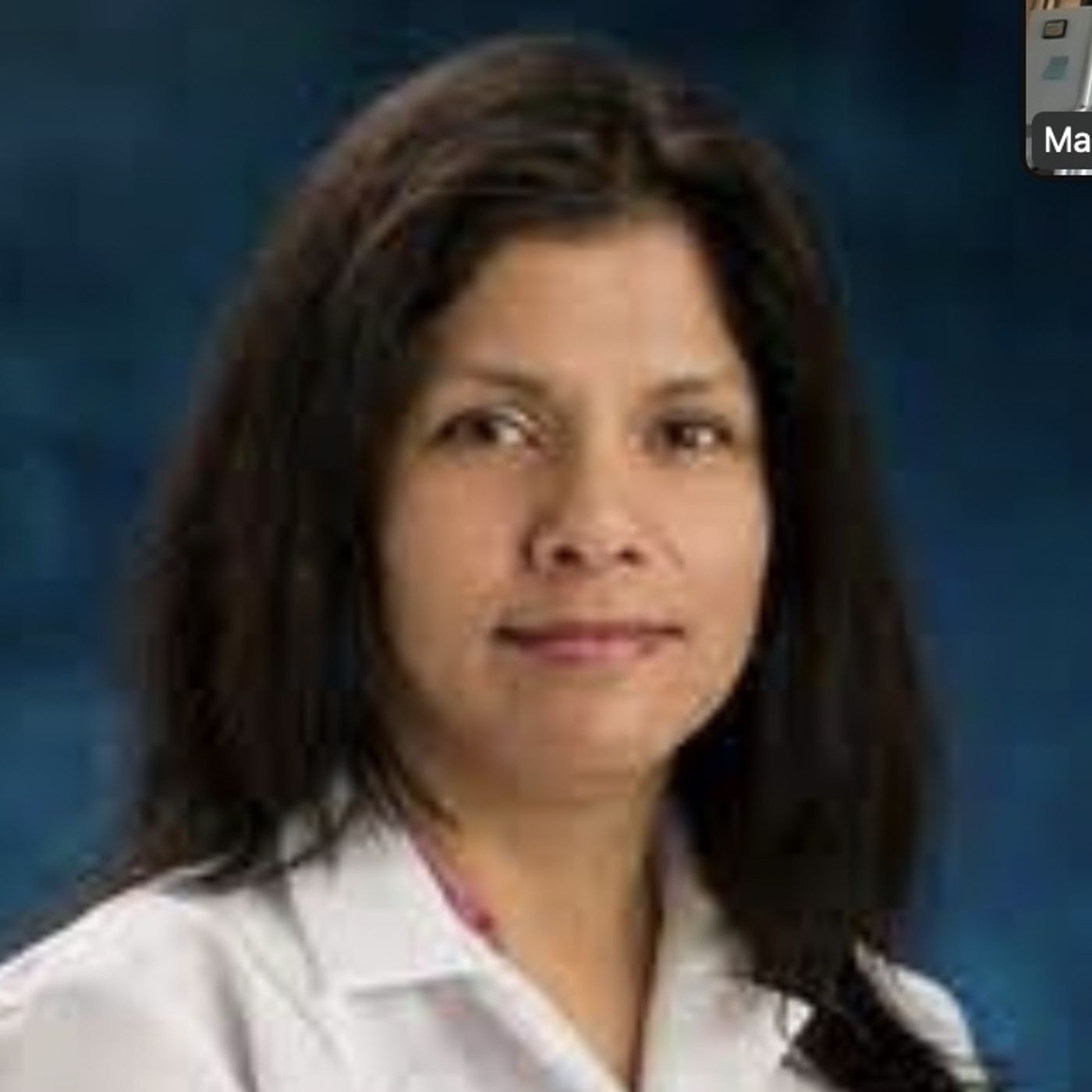
Rare Disease DiscussionsMyasthenia Gravis and the Need for Targeted TherapiesSindhu Ramchandren, MD, Global Clinical Leader at Janssen Pharmaceuticals, explains the pathophysiology of myasthenia gravis and the need for more targeted therapies.Myasthenia gravis is an autoimmune, neuromuscular disorder characterized by weakness of the skeletal muscles. Common symptoms include weakness of the muscles that control the eyes, eyelids, facial expressions, chewing, talking, and swallowing. The presence of antibodies against acetylcholine receptors in the neuromuscular junction usually causes the condition.As Dr. Ramchandren explains, myasthenia gravis is an autoimmune disease in which the person’s own immune system attacks ACh-receptors on the neuromuscular junction. The current standard of...
2023-06-2807 min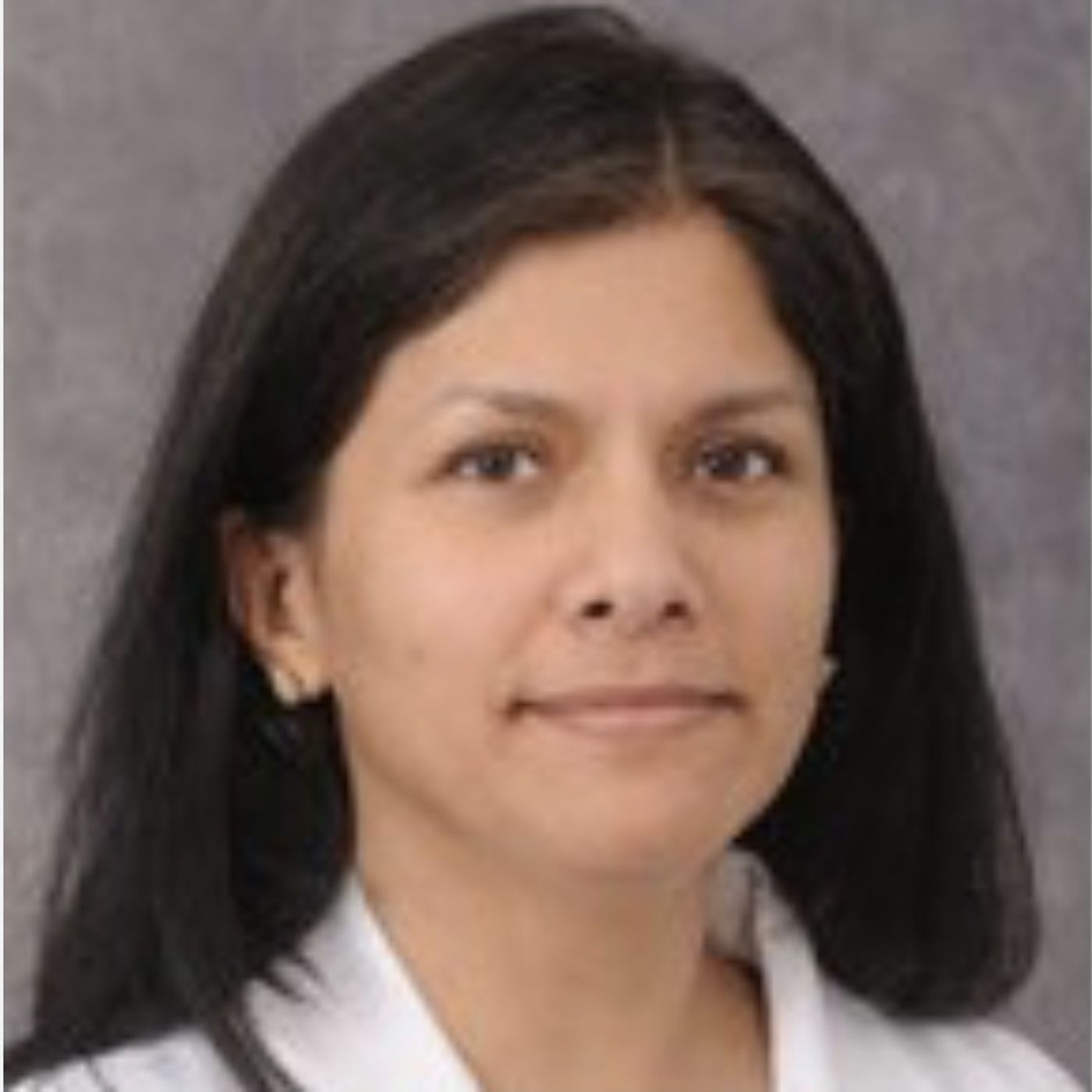
Rare Disease DiscussionsMyasthenia Gravis and the Need for Targeted TherapiesSindhu Ramchandren, MD, Global Clinical Leader at Janssen Pharmaceuticals, explains the pathophysiology of myasthenia gravis and the need for more targeted therapies.Myasthenia gravis is an autoimmune, neuromuscular disorder characterized by weakness of the skeletal muscles. Common symptoms include weakness of the muscles that control the eyes, eyelids, facial expressions, chewing, talking, and swallowing. The condition is usually caused by antibodies against acetylcholine receptors in the neuromuscular junction. As Dr. Ramchandren explains, myasthenia gravis is an autoimmune disease in which the person’s own immune system attacks ACh-receptors on the neuromuscular junction. The current standard of ca...
2023-06-0706 min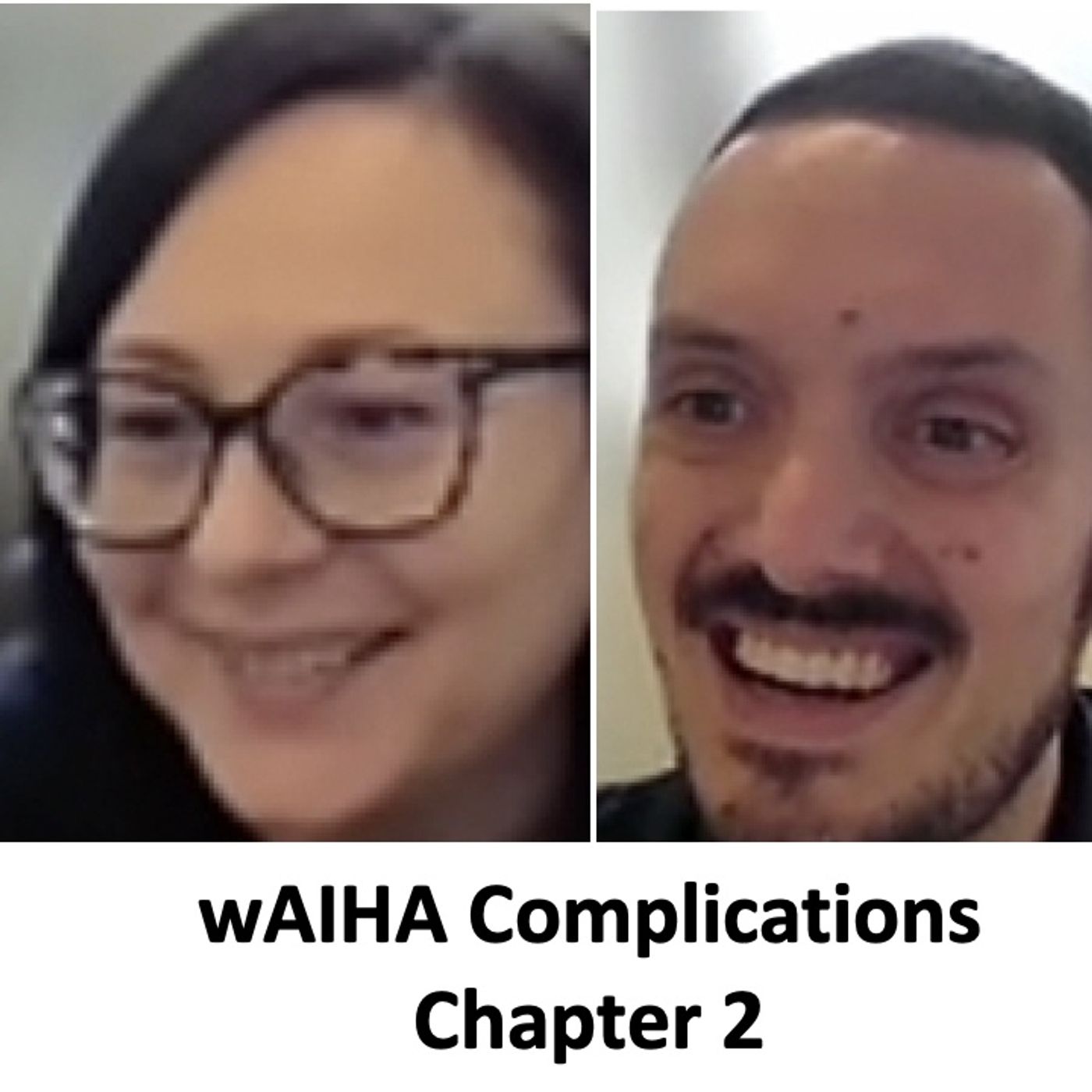
Rare Disease DiscussionswAIHA Complications (Chapter 2)Warm autoimmune hemolytic anemia (wAIHA) is the most common type (60-70%) of autoimmune hemolytic anemia (AIHA). In most cases, wAIHA is due an immunoglobulin G (IgG) autoantibody that binds to red blood cells (RBC), leading to hemolysis. Current recommendations for managing people with wAIHA are largely based on case series and retrospective studies involving off-label medications. Also, while there are currently no medications specifically approved to treat wAIHA, data are emerging on new therapies under investigation which may impact treatment in the future. This 60-minute CME program, hosted by Irina Murakhovskaya, MD, of the Montefiore Medical...
2023-06-0213 min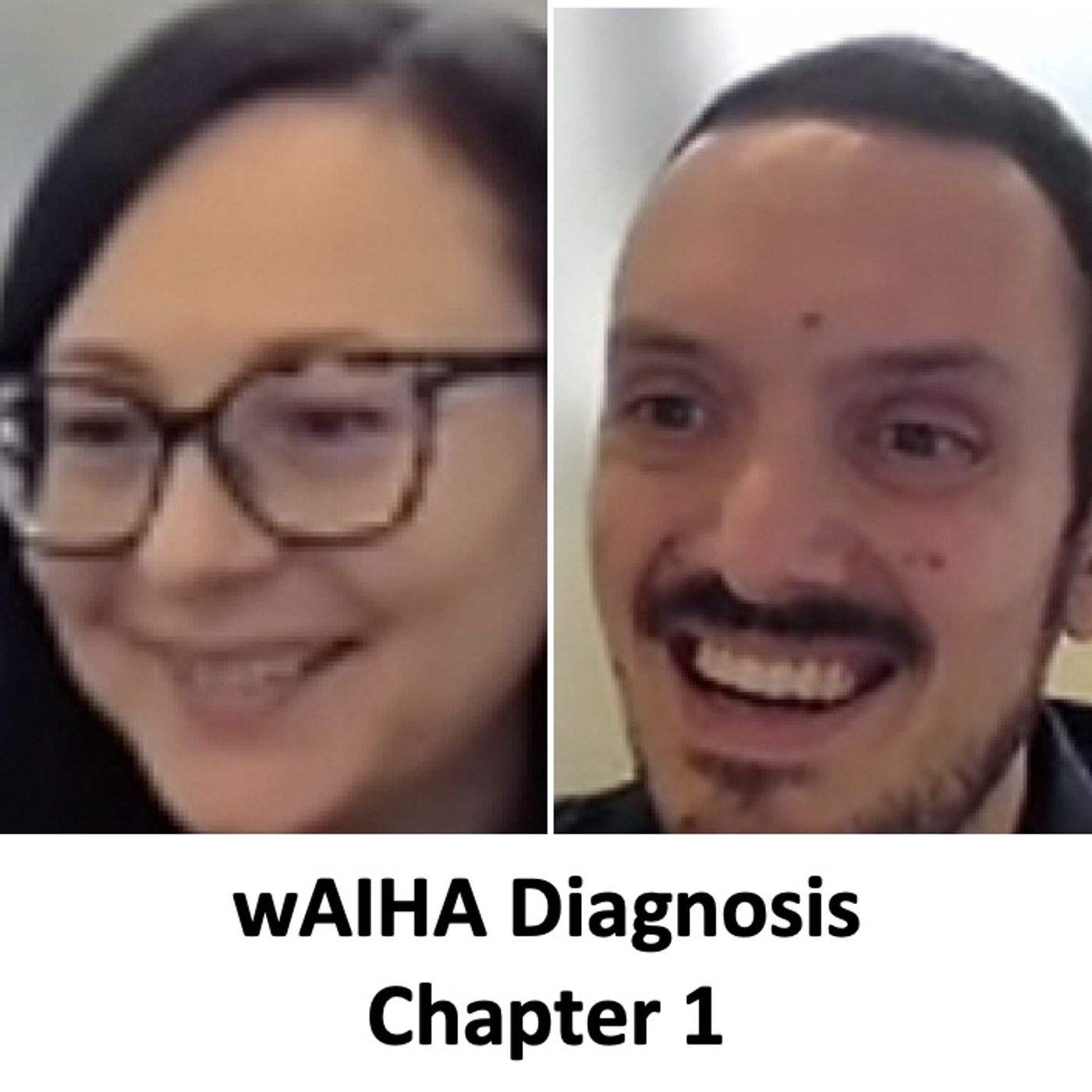
Rare Disease DiscussionswAIHA Pathophysiology and Diagnosis (Chapter 1)Warm autoimmune hemolytic anemia (wAIHA) is the most common type (60-70%) of autoimmune hemolytic anemia (AIHA). In most cases, wAIHA is due an immunoglobulin G (IgG) autoantibody that binds to red blood cells (RBC), leading to hemolysis. Current recommendations for managing people with wAIHA are largely based on case series and retrospective studies involving off-label medications. Also, while there are currently no medications specifically approved to treat wAIHA, data are emerging on new therapies under investigation which may impact treatment in the future. This 60-minute CME program, hosted by Irina Murakhovskaya, MD, of the Montefiore Medical...
2023-06-0219 min
Rare Disease DiscussionsWarm Autoimmune Hemolytic Anemia (wAIHA) - Full ProgramWarm autoimmune hemolytic anemia (wAIHA) is the most common type (60-70%) of autoimmune hemolytic anemia (AIHA). In most cases, wAIHA is due an immunoglobulin G (IgG) autoantibody that binds to red blood cells (RBC), leading to hemolysis. Current recommendations for managing people with wAIHA are largely based on case series and retrospective studies involving off-label medications. Also, while there are currently no medications specifically approved to treat wAIHA, data are emerging on new therapies under investigation which may impact treatment in the future. This 60-minute CME program, hosted by Irina Murakhovskaya, MD, of the Montefiore Medical Center, Albert...
2023-06-021h 09
Rare Disease DiscussionsCME: Fabry Disease Research HighlightsThis 30-minute CME program highlights the latest clinical research about Fabry disease, is a rare X-linked lysosomal disorder that results in the cellular buildup of globotriaosylceramide. Characteristic features of Fabry disease include acroparesthesias, angiokeratomas, hypohidrosis, corneal opacity, gastrointestinal problems, tinnitus, and hearing loss. Fabry disease also involves potentially life-threatening complications such as progressive kidney damage, heart attack, and stroke.This CME program, hosted by Staci Kallish, DO, Associate Professor of Clinical Medicine at the University of Pennsylvania Health System Penn Medicine, provides an overview of the latest clinical research presented at WORLDSymposium 2023 focused on Fabry disease.
2023-04-3031 min
Rare Disease DiscussionsCME: Cushing’s Disease / Cushing’s Syndrome - Research HighlightsThis CME program, hosted by Richard Auchus, MD, PhD Professor at the University of Michigan, provides an overview of the latest clinical research presented at the Endocrine Society Annual Meeting that involved Cushing’s disease and Cushing’s syndrome.Educational Support for this activity was provided by Xeris Pharmaceuticals, Inc and Recordati Rare Diseases, Inc. To receive credit for this activity, please visit https://checkrare.com/learning-center/courses/
2023-01-2829 min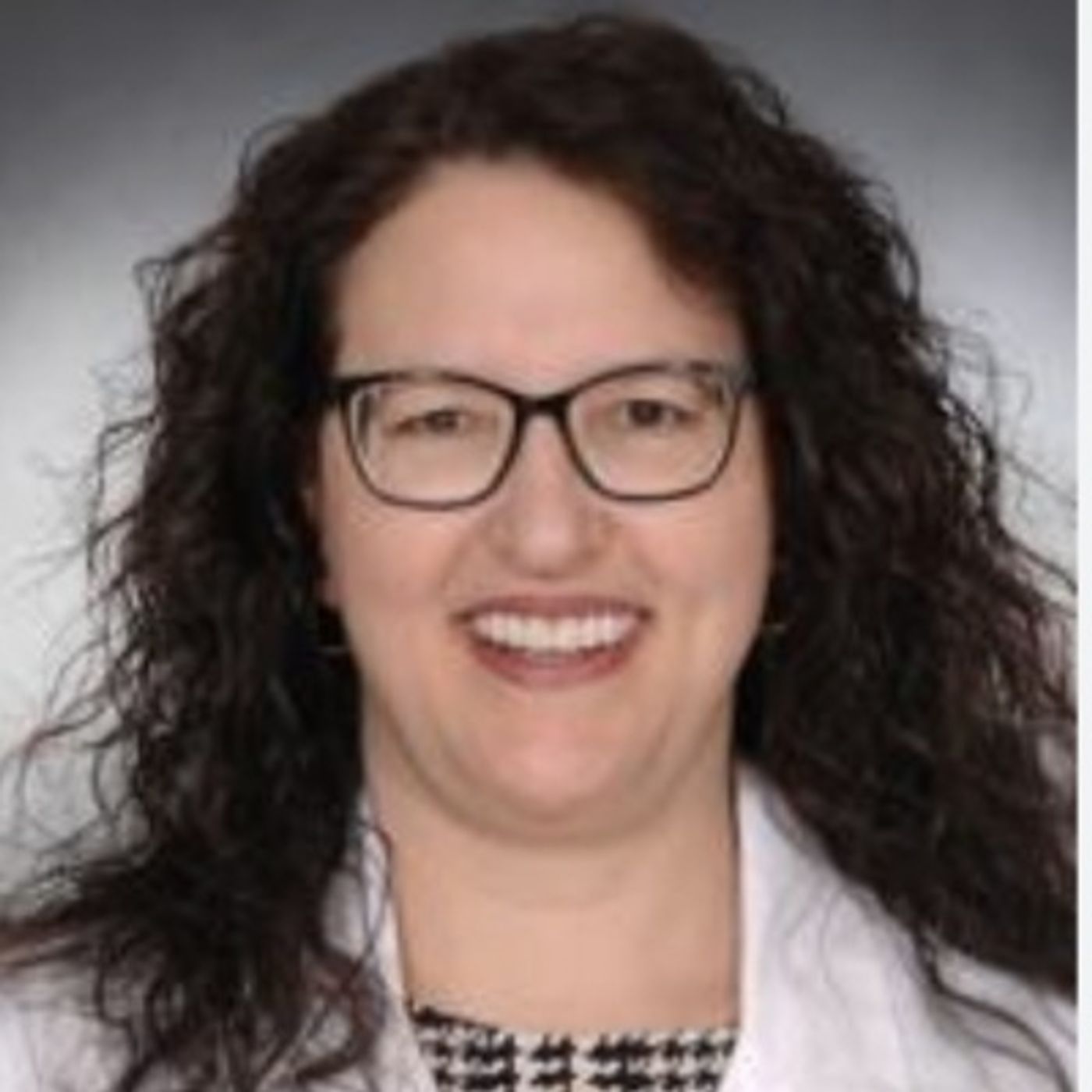
Rare Disease DiscussionsCME: Pulmonary Arterial Hypertension (PAH) Research HighlightsThis CME program highlights the latest clinical research about pulmonary arterial hypertension (PAH). PAH is a rare, progressive disorder characterized by high blood pressure in the pulmonary arteries. Symptoms of PAH include shortness of breath (dyspnea) especially during exercise, chest pain, and fainting episodes. The progressive nature of this disease means that an individual may experience only mild symptoms at first, but will eventually require treatment and medical care to maintain a reasonable quality of life. There are numerous treatment options and options in development for persons with PAH and it is imperative clinicians who manage these patients...
2023-01-1528 min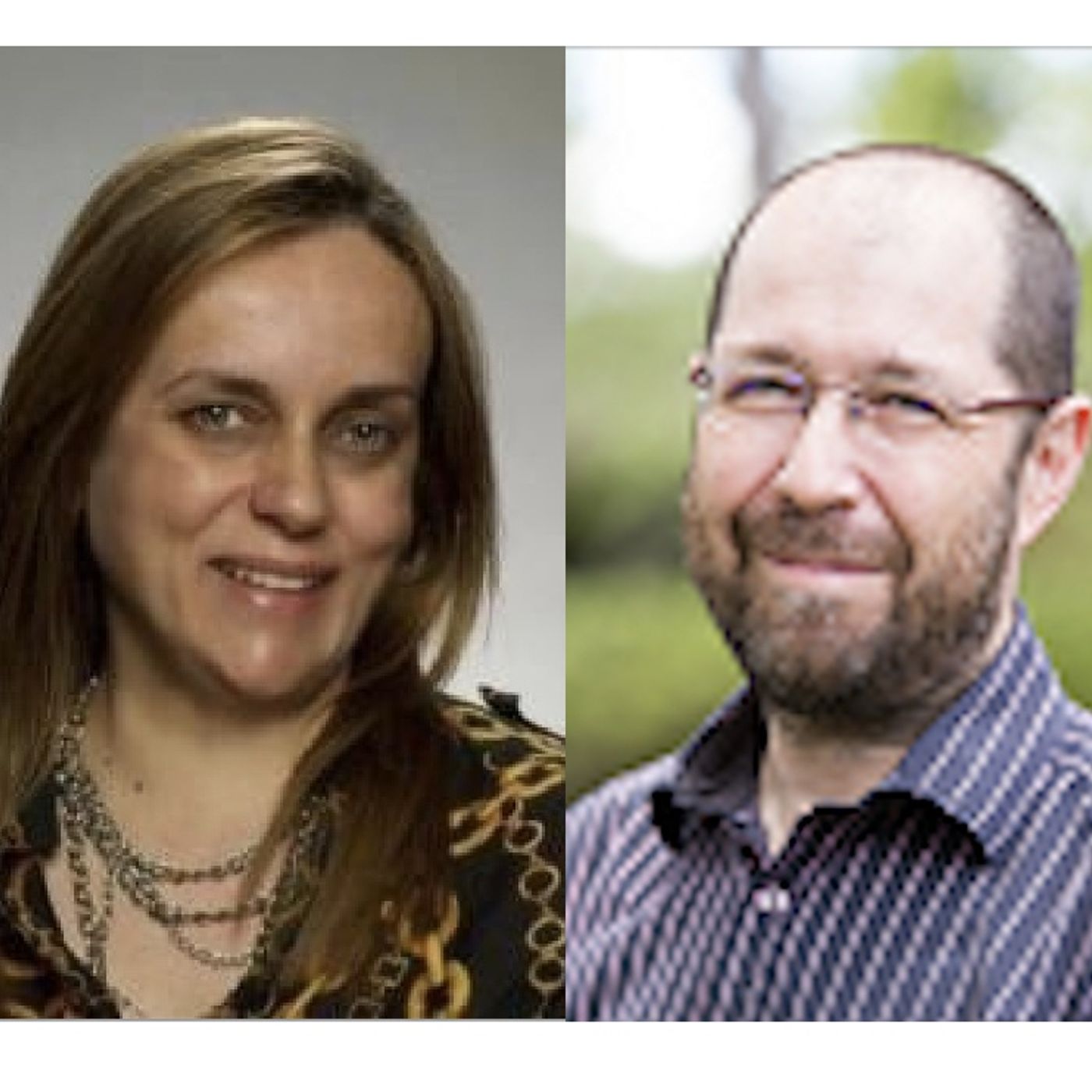
Rare Disease DiscussionsCME: The Immune System and Lysosomal DiseasesThis CME/CE activity, hosted by Ozlem Goker-Alpan, MD, Co-founder and President Lysosomal & Rare Disorders Research & Treatment Center (LDRTC) and guest lecturer, Oral Alpan, MD, of Amerimmune in McLean, VA, provides an overview of our current understanding of the immune system in the pathophysiology and management of lysosomal disorders. At the end of this activity, participants should be able to: Describe how the immune system is involved in Lysosomal Storage Disorders.Review the pathophysiology of immune response reactions. Describe how to better manage patients with immune response reactions.Describe the best clinical practices to monitor the patients with...
2022-12-2948 min
Rare Disease DiscussionsGrowth Hormone Deficiency Research HighlightsThis 15-minute CME program highlights the latest clinical research about Growth Hormone Deficiency (GHD) and is hosted by a leading expert in GHD, Paul Saenger, of the Albert Einstein College of Medicine.GHD is a rare endocrine disorder characterized by insufficient levels of growth hormone being secreted from the anterior pituitary gland. A hallmark of prolonged GHD is growth retardation or deceleration, as well as short stature. Additionally, growth hormone deficiency is associated with metabolic abnormalities, impaired cardiovascular function, fatigue, delayed or incomplete puberty, osteoporosis, and reduced muscle strength. Given the varied clinical profile of these patients, GHD...
2022-12-1419 min
Rare Disease DiscussionsZero Relapses in Patients With NMOSD Given RavulizumabSean J. Pittock, MD, Director of Mayo Clinic's Center for Multiple Sclerosis and Autoimmune Neurology and of Mayo's Neuroimmunology Laboratory discusses the latest results from Phase III CHAMPION-NMOSD trial recently presented at European Committee for Treatment and Research in Multiple Sclerosis (ECTRIMS) Congress. The results showed that treatment with ravulizumab-cwvz significantly reduced relapse risk in adults with anti-aquaporin-4 (AQP4) antibody-positive (Ab+) neuromyelitis optica spectrum disorder (NMOSD).NMOSD is a rare central nervous disorder that primarily affects the spinal cord and optic nerves. Symptoms of NMOSD may include blindness in one or both eyes, weakness or paralysis of arms...
2022-11-2806 min
Rare Disease DiscussionsAdvances in Gene Therapy for Lysosomal DiseasesThis CME/CE activity, hosted by Ozlem Goker-Alpan, MD, Co-founder and President Lysosomal & Rare Disorders Research & Treatment Center (LDRTC) and Sonata Jodele, MD, Research Professor of Pediatrics at Cincinnati Children’s Hospital Medical Center, highlights the current trends in gene therapy for lysosomal storage diseases as well as some of the safety concerns with such therapy. At the end of this activity, participants should be able to: Describe the limitations and unmet needs of the current therapeutic landscape for lysosomal disorders Review the gene transfer therapies for lysosomal disorders Describe the best clinical practices to mo...
2022-11-071h 01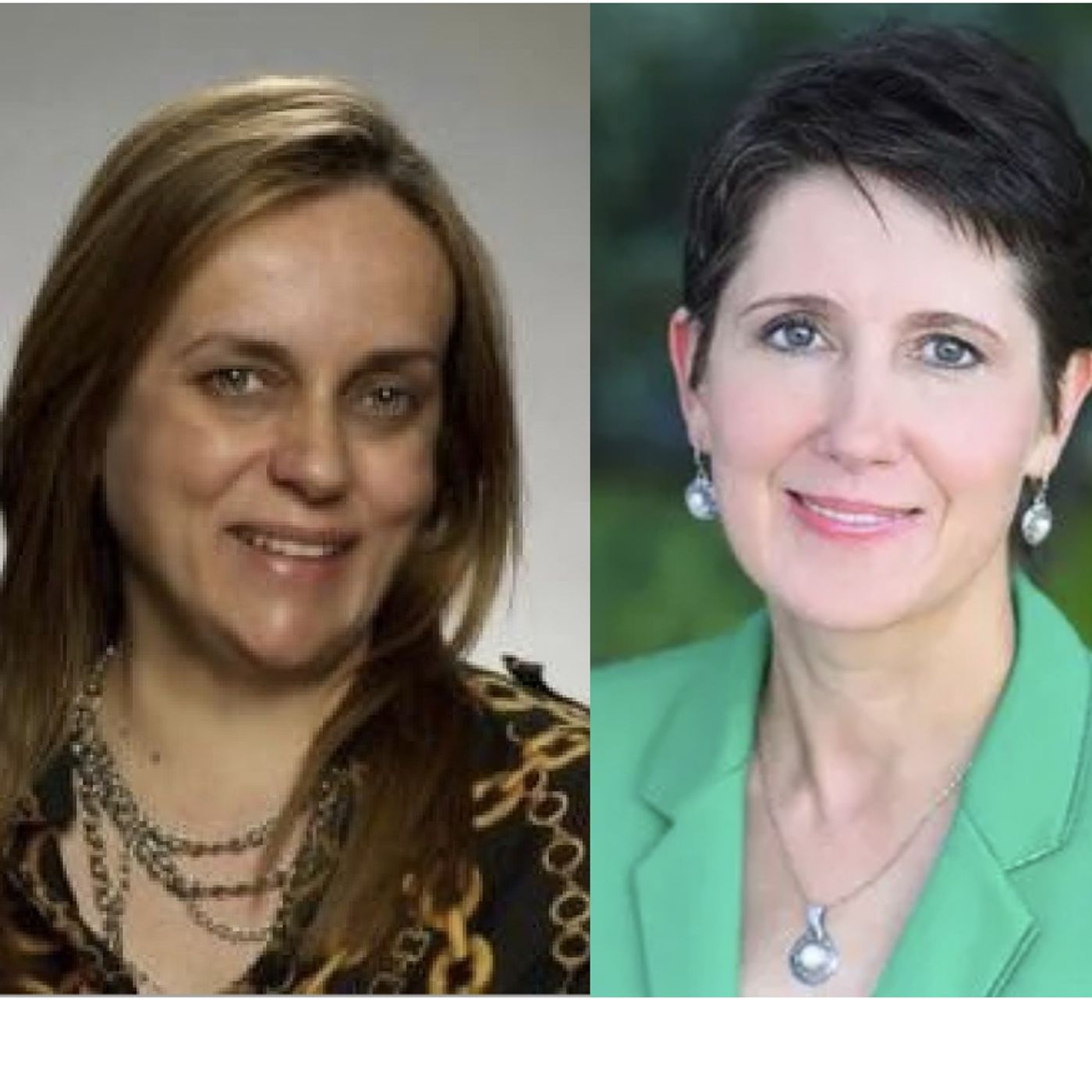
Rare Disease DiscussionsAdvances in Gene Therapy for Lysosomal DiseasesThis CME/CE activity, hosted by Ozlem Goker-Alpan, MD, Co-founder and President Lysosomal & Rare Disorders Research & Treatment Center (LDRTC) and Sonata Jodele, MD, Research Professor of Pediatrics at Cincinnati Children’s Hospital Medical Center, highlights the current trends in gene therapy for lysosomal storage diseases as well as some of the safety concerns with such therapy. At the end of this activity, participants should be able to: Describe the limitations and unmet needs of the current therapeutic landscape for lysosomal disorders: - Review the gene transfer therapies for lysosomal disorders - Describe the best clinical pr...
2022-11-021h 02
Rare Disease DiscussionsUpdates in Medical Management of Cushing’s SyndromeThis 30-minute CME program highlights new treatment options that are available for persons with Cushing’s disease. Cushing’s disease is caused by an adrenocorticotropic hormone (ACTH)-secreting pituitary tumor. Optimal patient outcomes require an accurate diagnosis, proper selection of individualized treatment, and good management of the disease and its associated comorbidities.The program features two experts, Maria Fleseriu, MD, Professor of Medicine and Neurological Surgery at Oregon Health and Science University and Beverly Biller, MD, Professor of Medicine at Harvard Medical School, who were actively involved in the recently published consensus on the diagnosis and mana...
2022-09-2832 min
Rare Disease DiscussionsDiagnosis and Comorbidities in Cushing’s Disease: New Consensus Summary Into Your PracticeThis 30-minute CME program highlights best practices to diagnose Cushing’s disease and to manage the comorbidities commonly observed in persons with this rare disorder. Cushing’s disease is caused by an adrenocorticotropic hormone (ACTH)-secreting pituitary tumor. Optimal patient outcomes require an accurate diagnosis, proper selection of individualized treatment, and good management of the disease and its associated comorbidities.The program features two experts, Beverly Biller, MD, Professor of Medicine at Harvard Medical School and Maria Fleseriu, MD, Professor of Medicine and Neurological Surgery at Oregon Health and Science University, who were actively involved in the rece...
2022-09-2835 min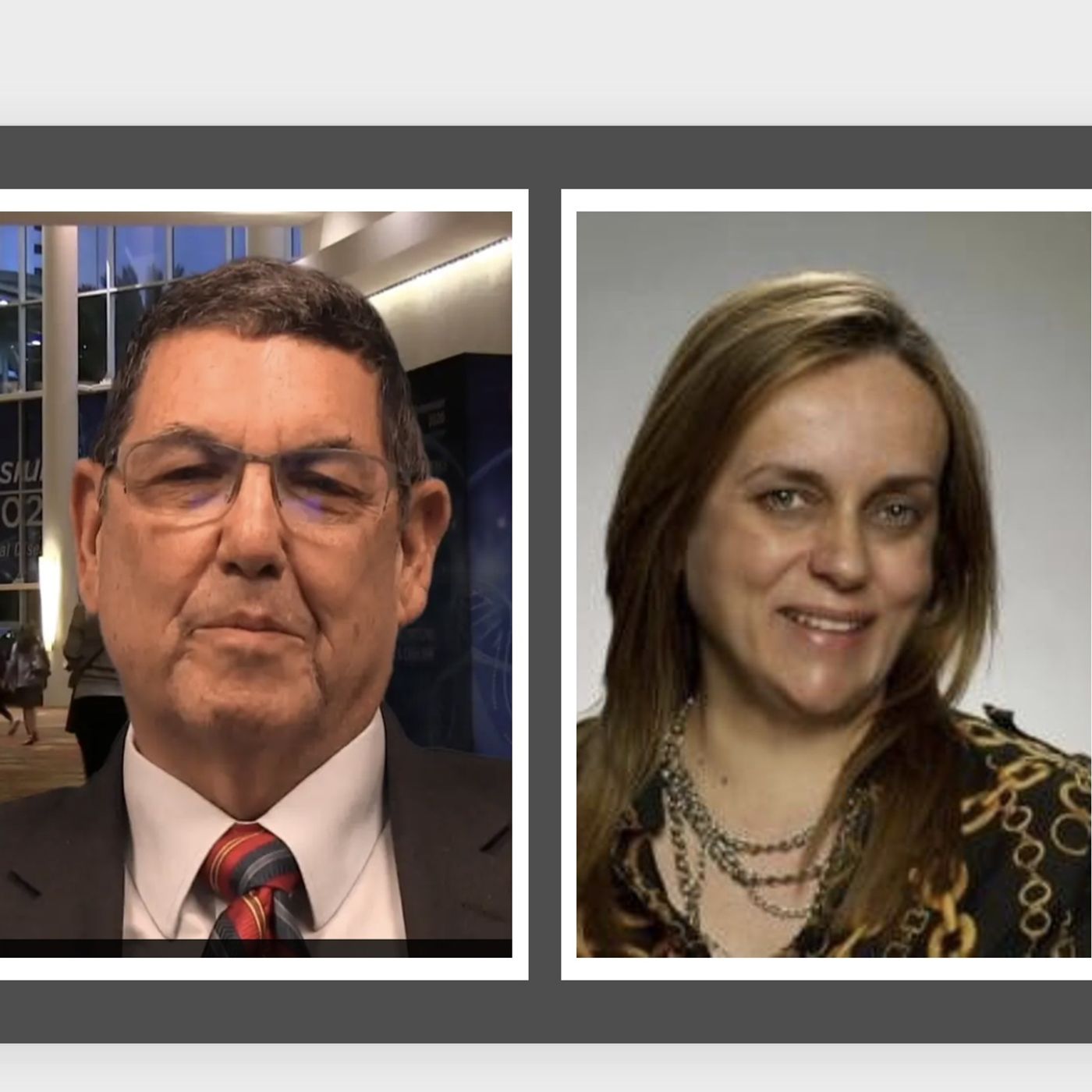
Rare Disease DiscussionsCurrent and Emerging ERTs/SRTsThis CME/CE activity, hosted by Ozlem Goker-Alpan, MD, Co-founder and PresidentLysosomal & Rare Disorders Research & Treatment Center (LDRTC) and Neal J Weinreb, MD, FACP, Voluntary Associate Professor of Human Genetics, University of Miami Miller School of Medicine, highlights how enzyme replacement therapies (ERTs) and substrate reduction therapies (SRTs) for lysosomal storage disorders have transformed, and will continue to transform, the treatment landscape for these rare conditions.At the end of this activity, participants should be able to:• Describe how ERTs/SRTs have transformed the LSD population• Describe the new research underway to improve safety and...
2022-09-261h 02
Rare Disease DiscussionsPNH: Real-World ExperienceThis accredited CME activity, led by Satheesh Chonat, MD, Assistant Professor at Emory University School of Medicine and hematologist-oncologist at the Pediatric Hematology Aflac Cancer and Blood Disorders Center, Children’s Healthcare of Atlanta, highlights the latest real world data focused on paroxysmal nocturnal hemoglobinuria (PNH). Dr Chonat also provides expert analysis of the data’s clinical relevance for members of the care team to help them manage patients with PNH they may encounter with this rare condition. PNH is a rare, acquired blood disease characterized by hemolytic anemia, bone marrow failure, thrombosis, and fatigue. Supported by an educ...
2022-07-1217 min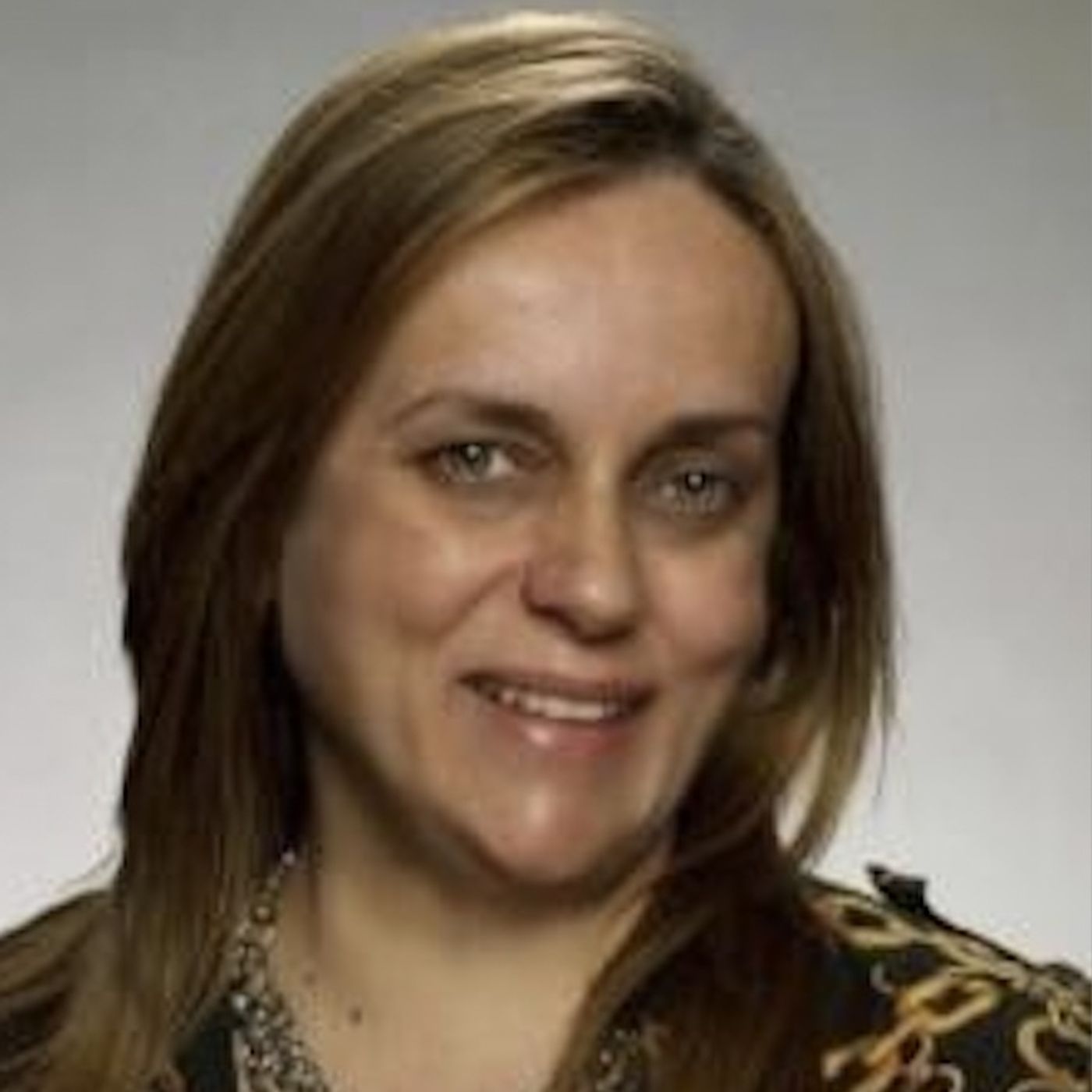
Rare Disease DiscussionsCME Webinar: Biomarkers in Lysosomal Storage DisordersOzlem Goker-Alpan, MD, Founder and Chief Medical Officer at Lysosomal & Rare Disorders Research & Treatment Center (LDRTC) and discusses the latest develops in biomarker research and how biomarkers can improve how patients with lysosomal disorders, such as Gaucher disease and Fabry disease, are managed. To obtain CME/CE credit for this program, go to www.checkrare.comSupport for this educational activity was provided by Takeda, Sanofi and Chiesi.
2022-06-241h 01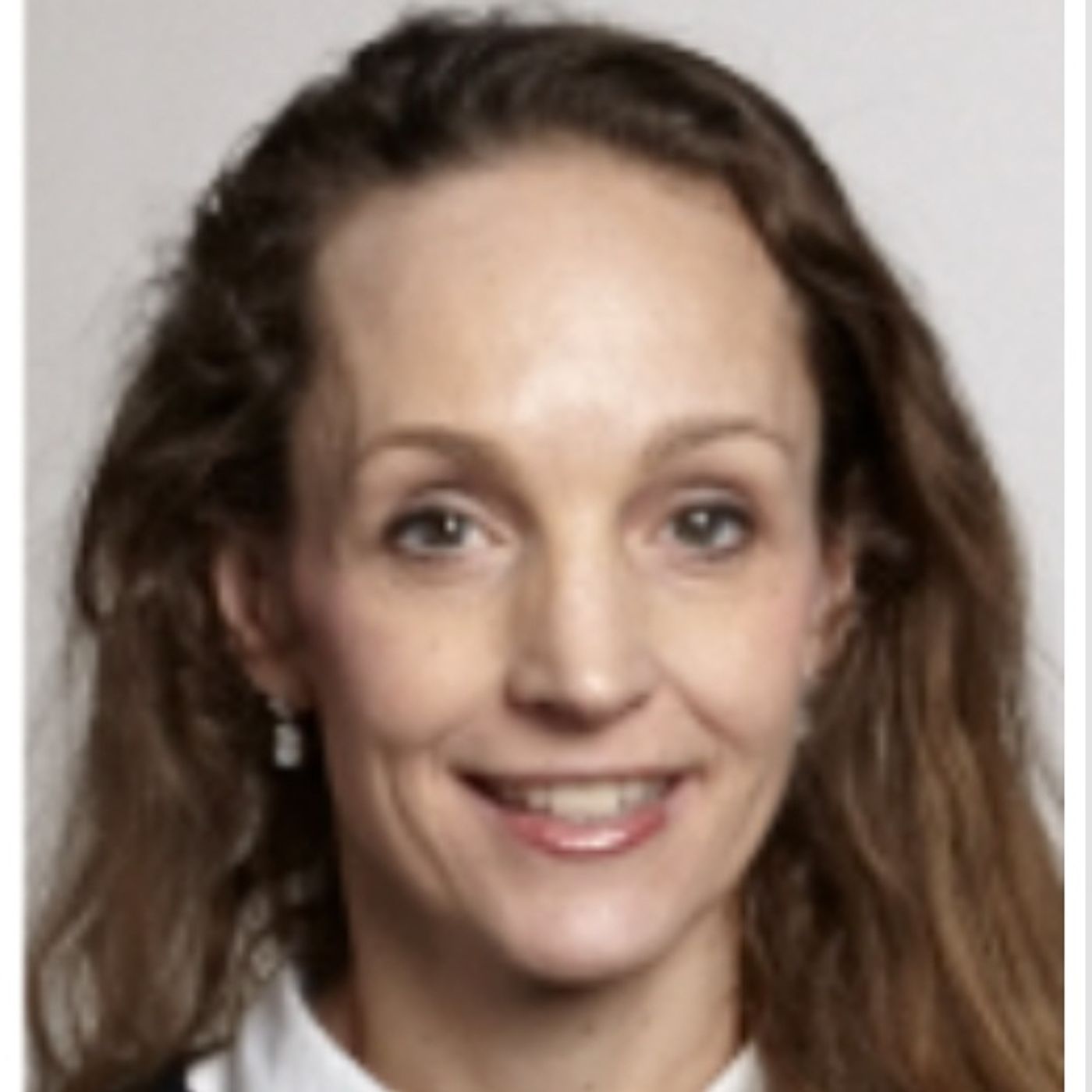
Rare Disease DiscussionsHereditary Angioedema (HAE) Research Highlights: 2022 AAAAI Annual MeetingThis accredited CME activity, led by Paula Busse, MD, Associate Professor of Medicine at the Icahn School of Medicine at Mount Sinai, provides a summary of the latest information about hereditary angioedema (HAE) that was presented at the American Academy of Allergy, Asthma, & immunology 2022 (2022 AAAAI) Annual Meeting. Since to the Covid-19 pandemic limited the ability for AAAAI members to commit fully to the 4-day event, this program provides a concise means to share the clinically relevant information presented at this meeting with AAAAI members as well as other health care professionals who manage individuals with HAE. HAE is...
2022-06-0719 min
Rare Disease DiscussionsWhat Is Rett Syndrome?Jeffrey L. Neul, MD, PhD, Professor of Pediatrics, Division of Neurology, Pharmacology, and Special Education at Vanderbilt University Medical Center, gives an overview of Rett syndrome.As Dr. Neul explains, Rett syndrome is a rare progressive neurodevelopmental condition that primarily affects girls. These girls appear to have normal psychomotor development during the first 6 to 18 months of life, followed by a developmental “plateau,” and then rapid regression in language and motor skills. Common symptoms include hand-wringing; fits of screaming and inconsolable crying; autistic features; panic-like attacks; bruxism; episodic apnea and/or hyperpnea; gait ataxia and apraxia; tremors; seizures; and slowed h...
2022-04-0602 min
Rare Disease DiscussionsMPS II Research Highlights: WORLDSymposium 2022This accredited CME activity, led by Barbara Burton, MD, Professor of Pediatrics at Northwestern University Feinberg School of Medicine highlights the latest research about Mucopolysaccharidosis type II (MPS II; Hunter syndrome) presented at WORLDSymposium 2022 and provides expert analysis of its clinical relevance for busy members of the care team to help them care for patients they may encounter with this rare condition.MPS II; Hunter syndrome is a rare, progressive lysosomal disease caused by deficient activity of iduronate-2-sulfatase, attributable to pathogenic variants of the iduronate-2-sulfatase gene (IDS). Course facial features and skeletal irregularities are the dominant...
2022-03-1921 min
Rare Disease DiscussionsGaucher Disease Research Highlights: WORLDSymposium 2022This accredited CME activity, led by Gregory Grabowski, MD, Professor Emeritus at University of Cincinnati College of Medicine highlights the latest research about Gaucher disease presented at WORLDSymposium 2022 provides expert analysis of its clinical relevance for busy members of the care team to help them care for patients they may encounter with this rare condition.Gaucher disease is a genetic lysosomal storage disorder in which glucocerebroside accumulates in cells and certain organs. The disorder is characterized by bruising, fatigue, anemia, low blood platelet count and enlargement of the liver and spleen. Current therapies options include enzyme replace therapy...
2022-03-1920 min
Rare Disease DiscussionsParoxysmal Nocturnal Hemoglobinuria (PNH) Highlights from ASH 2021This accredited CME activity, led by Carlos De Castro, MD, Professor of Medicine, Duke Hematologic Malignancies Clinic, highlights the latest information about paroxysmal nocturnal hemoglobinuria (PNH) presented at ASH 2021 and provides expert analysis of its clinical relevance for busy members of the care team in order to help them care for patients they may encounter with this rare condition.PNH is a rare, acquired blood disease characterized by hemolytic anemia, bone marrow failure, thrombosis, and fatigue.Supported by an educational grant from Apellis.To obtain CME credit, please go to https://checkrare.com/learning-center...
2022-03-0813 min
Rare Disease DiscussionsDr Jerry Vockley Discusses Latest Phase 2 Data Assessing SYNB1618 To Treat Phenylketonuria (PKU)Jerry Vockley, MD, PhD, Head of the Division of Medical Genetics at UPMC Children’s Hospital of Pittsburgh, gives an update on the phase 2 trial testing SYNB1618 to treat phenylketonuria (PKU).PKU is a rare genetic metabolic disorder that results in reduced activity of phenylalanine hydroxylase that leads to an accumulation of phenylalanine in the body, which can cause significant organ damage, especially in the central nervous system. If left untreated, PKU patients can develop chronic intellectual, neurodevelopmental, and psychiatric disabilities, as well as seizures and heart problems. Lifelong restriction of phenylalanine intake through the diet is needed to...
2022-02-2807 min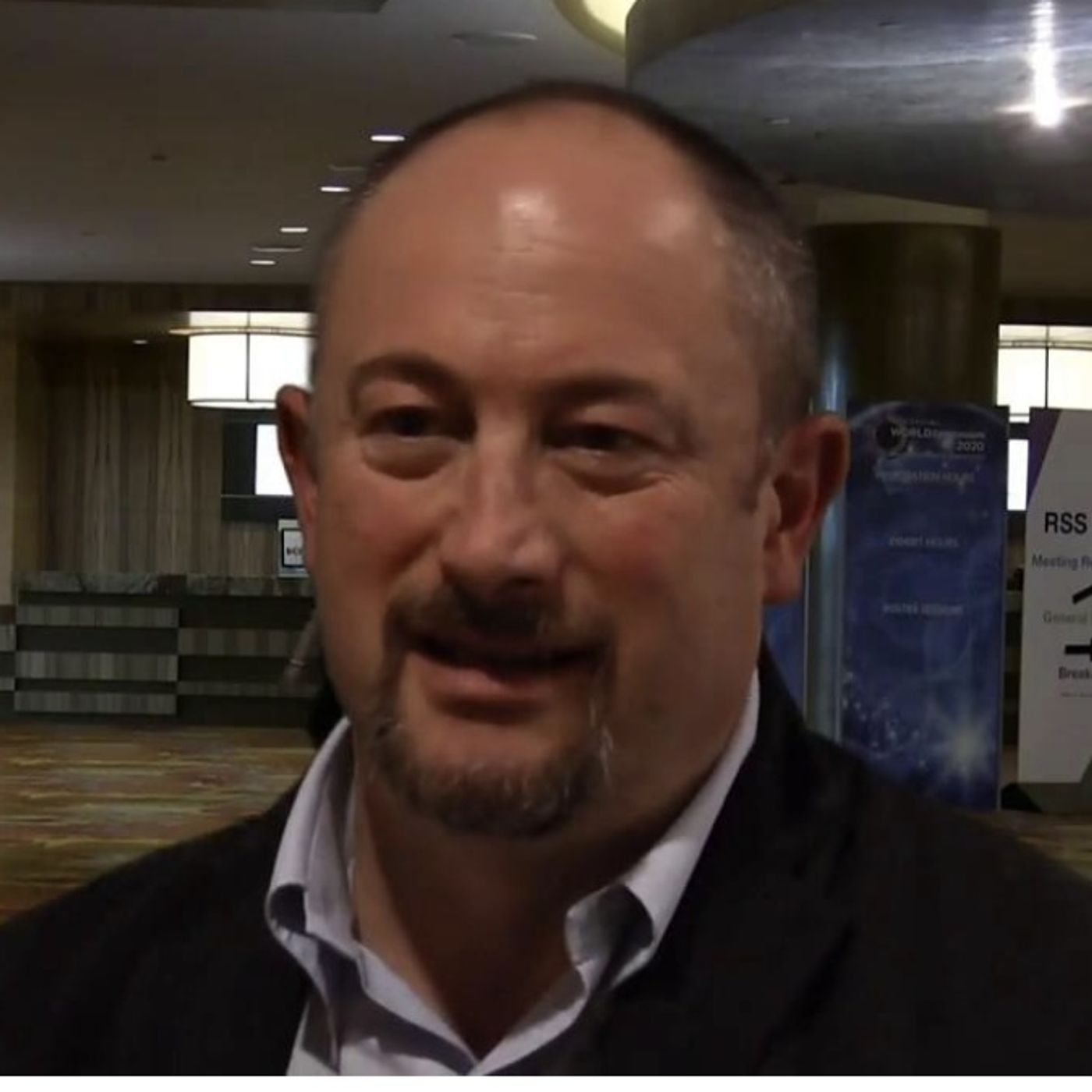
Rare Disease DiscussionsNewborn Screening: Hemoglobinopathies and Newer Disorders on the RUSPThis accredited CME activity, led by David Kronn, MD, Associate Professor of Pathology and Pediatrics at New York Medical College, is the fourth module in a four-part curriculum focused on Best Practices for Explaining Newborn Screening Results to Parents. This module will focus on hemoglobinopathies and newer disorders which are part of the Recommended Uniform Screening Panel (RUSP) in order to better prepare clinicians to discuss positive results with new parents.Supported by an educational grant from bluebird bio Inc. and Ultragenyx Pharmaceutical Inc.To obtain CME credit, please go to https://checkrare.com/learning-center/courses/
2022-02-2214 min
Rare Disease DiscussionsNewborn Screening: Metabolic ConditionsThis accredited CME activity, led by Jerry Vockley, MD, PhD, Chief of Genetic and Genomic Medicine at the University of Pittsburgh, is the third module in a four-part curriculum focused on Best Practices for Explaining Newborn Screening Results to Parents. This module will focus on metabolic diseases which are part of the Recommended Uniform Screening Panel (RUSP) in order to better prepare clinicians to discuss positive results with new parents. Supported by an educational grant from bluebird bio Inc. and Ultragenyx Pharmaceutical Inc.To obtain CME credit, please go to https://checkrare.com/learning-center/courses/
2022-02-2217 min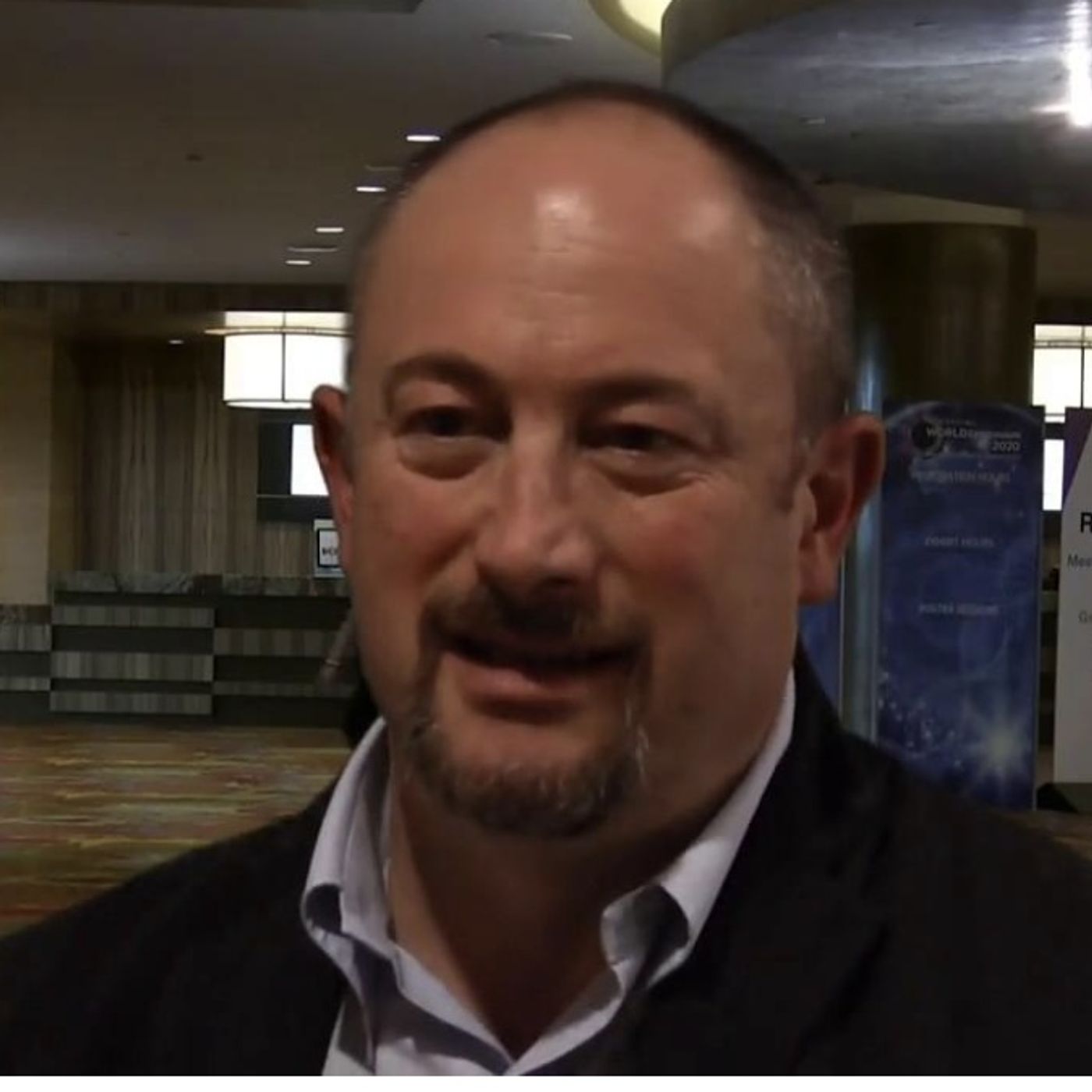
Rare Disease DiscussionsNewborn Screening: Talking to ParentsThis accredited CME activity, led by David Kronn, MD, Associate Professor of Pathology and Pediatrics at New York Medical College, is the second module in a four-part curriculum focused on Best Practices for Explaining Newborn Screening Results to Parents. This module will focus on how to talk to parents about positive NBS results.Supported by an educational grant from bluebird bio Inc. and Ultragenyx Pharmaceutical Inc.To obtain CME credit, please go to https://checkrare.com/learning-center/courses/
2022-02-2215 min
Rare Disease DiscussionsNewborn Screening: From RUSP to RealityThis accredited CME activity, led by Jerry Vockley, MD, PhD, Chief of Genetic and Genomic Medicine at the University of Pittsburgh, is the first module in a four-part curriculum focused on Best Practices for Explaining Newborn Screening Results to Parents. This module will provide clinicians with the fundamentals of newborn screening.Supported by an educational grant from bluebird bio Inc. and Ultragenyx Pharmaceutical Inc.To obtain CME credit, please go to https://checkrare.com/learning-center/courses/
2022-02-2220 min
Rare Disease DiscussionsPyruvate Kinase (PK) Deficiency Highlights from ASH 2021This accredited CME activity, led by Rachael Grace, MD, Associate Professor, Harvard Medical School, highlights the latest research about pyruvate kinase (PK) deficiency presented at ASH 2021 and provides expert analysis of its clinical relevance for busy members of the care team to help them care for patients they may encounter with this rare condition.PK deficiency is a rare blood disease due to mutations in the PKLR gene that leads to decreased PK levels. Current therapies options are supportive (transfusions, iron chelation, splenectomy) but treatments are in development to better address the pathophysiology of this rare condition.
2022-02-1813 min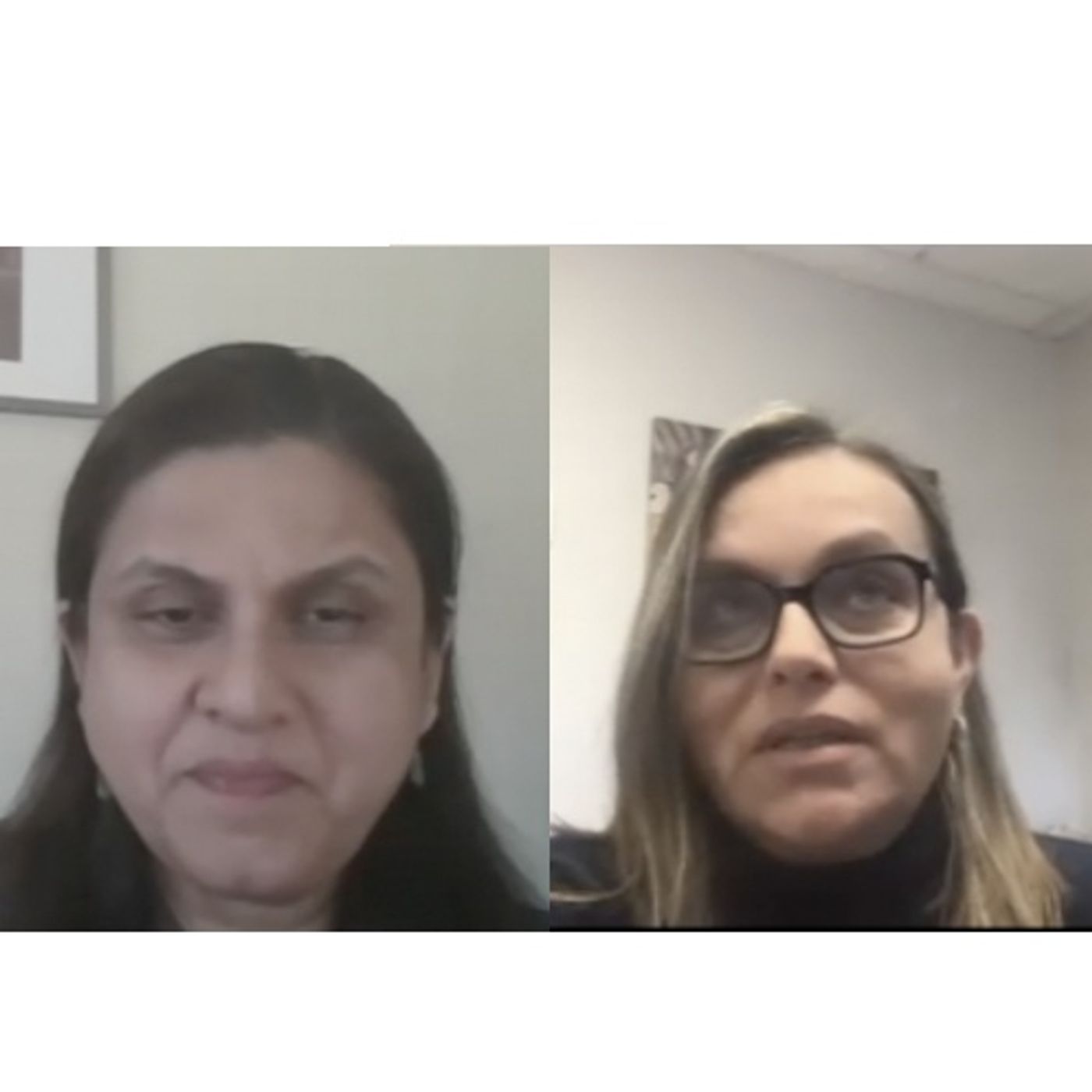
Rare Disease DiscussionsLysosomal Storage Diseases: Central Symptoms and ComorbiditiesDrs. Ozlem Goker-Alpan and Swati Sathe discuss how our growing awareness of the central symptoms and comorbidities associated with many lysosomal storage diseases is changing how we manage these rare diseases. This CME/CE activity is possible through an educational grant from Takeda, Cheisi, Ultragenyx Pharmaceuticals, and Spark Therapeutics.To obtain credit for this activity, please visit https://checkrare.com/learning-center/courses/
2022-01-271h 06
Rare Disease DiscussionsHereditary Angioedema (HAE) Highlights from ACAAI 2021 Annual MeetingThis accredited CME activity, led by Jonathan Bernstein, MD, Professor of Medicine at the University of Cincinnati, provides a summary of the latest information about hereditary angioedema (HAE) that was presented at the American College of Allergy, Asthma, & immunology 2021 Annual Scientific Meeting (ACAAI 2021). Since to the Covid-19 pandemic limited the ability for ACAAI members to commit fully to the 5-day event, this program provides a concise means to share the clinically relevant information presented at ACAAI 2021 with ACAAI members as well as other health care professionals who manage individuals with HAE.HAE is a rare genetic disease that...
2022-01-2721 min
Rare Disease DiscussionsPositive Safety and Efficacy Results in Rett Syndrome StudyJeffrey Neul, MD, PhD, Professor of Pediatrics at Vanderbilt University Medical Center, discusses recent top-line results from a phase 3 trial testing trofinetide to treat children with Rett syndrome.Trofinetide is an analog of insulin-like growth factor 1 (IGF-1) and it is speculated that the orphan drug can restore homeostasis of neuronal signaling in diseases such as Rett syndrome.Rett syndrome is a rare progressive neurodevelopmental condition that primarily affects girls. These girls appear to have normal psychomotor development during the first 6 to 18 months of life, followed by a developmental “plateau,” and then rapid regression in language and motor skills...
2022-01-1203 min
Rare Disease DiscussionsSafety of the Bispecific Antibody, REGN5458, in Multiple Myeloma PatientsJeffrey A. Zonder, MD, hematologist-oncologist at the Barbara Ann Karmanos Cancer Institute in Detroit, Michigan, discusses data from the first-in-human study testing REGN5458 as a monotherapy for relapsed/refractory multiple myeloma patients (NCT03761108). Data from the phase 1 portion of this study were recently presented at The American Society of Hematology Meeting & Exposition (ASH 2021).Multiple myeloma is a rare blood cancer associated with uncontrolled growth of plasma cells. While the disease is treatable, relapses are common and some patients are refractory to first line treatment.As Dr. Zonder explains, REGN5458 is a BCMA x CD3 bispecific antibody...
2022-01-0509 min
Rare Disease DiscussionsSustained uMRD Demonstrated in Elderly CLL Patients Receiving Ibrutinib plus VenetoclaxArnon Kater, MD, PhD, Professor of Internal Medicine in the Faculty of Medicine at the University of Amsterdam discusses new data from the GLOW study of ibrutinib plus venetoclax (I+V) in elderly or unfit chronic lymphocytic leukemia (CLL) patients. The data were recently presented at The American Society of Hematology Meeting & Exposition (ASH 2021).CLL is a rare blood cancer resulting in a build-up of lymphocytes in bone marrow, lymph nodes, and blood. The disease is considered treatable, but relapse is very common. Furthermore, many CLL patients cannot withstand the intensive chemotherapy needed to bring them into complete...
2021-12-2303 min
Rare Disease DiscussionsDr Anne Pariser Provides an Overview of NIH’s Office of Rare Diseases ResearchAnne Pariser, MD, Director of the NCATS’ Office of Rare Diseases Research (ORDR), provides an overview of the ORDR and the research they are involved with. The ORDR is focused on multiple programs to improve the efficacy of rare disease research. Their two largest programs are the Rare Diseases Clinical Research Network (RDCRN) and the Genetic and Rare Diseases Information Center (GARD).RDCRN provides support for clinical studies and facilitates collaboration, study enrollment and data sharing. Through the RDCRN consortia, researchers work with patient advocacy groups to study over 200 rare diseases at sites across the nation.
2021-12-1904 min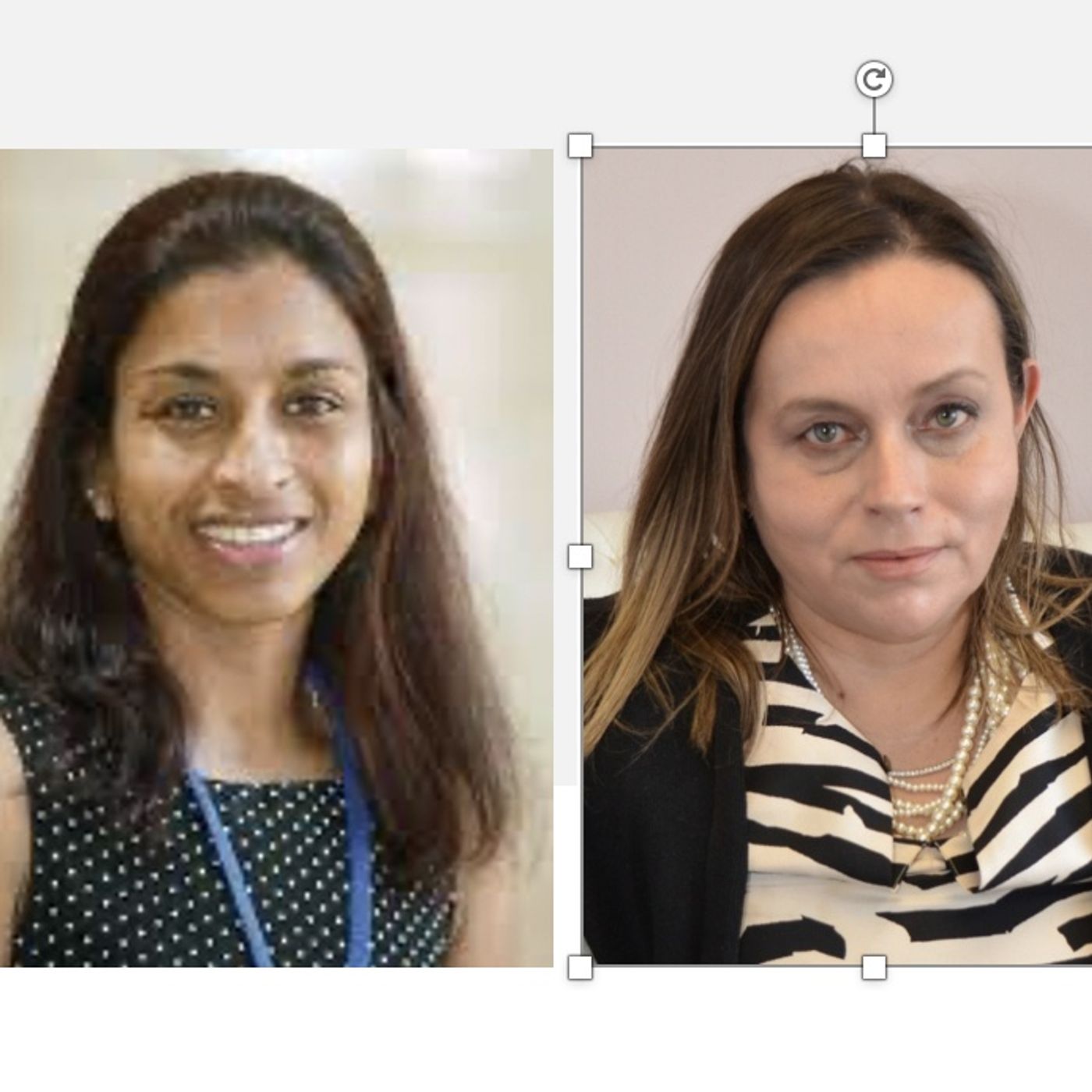
Rare Disease DiscussionsNew and Emerging Phenotypes in Lysosomal Storage DisordersDrs. Ozlem Goker-Alpan and Uma Ramaswami discuss how the success of therapies to treat lysosomal storage disorders like Pompe disease, Gaucher disease, and various MPSs, has created phenotypes that previously did not exist. This CME/CE activity is possible through an educational grant from Takeda, Cheisi, Ultragenyx Pharmaceuticals, and Spark Therapeutics.To obtain credit for this activity, please visit https://checkrare.com/learning-center/courses/
2021-12-0755 min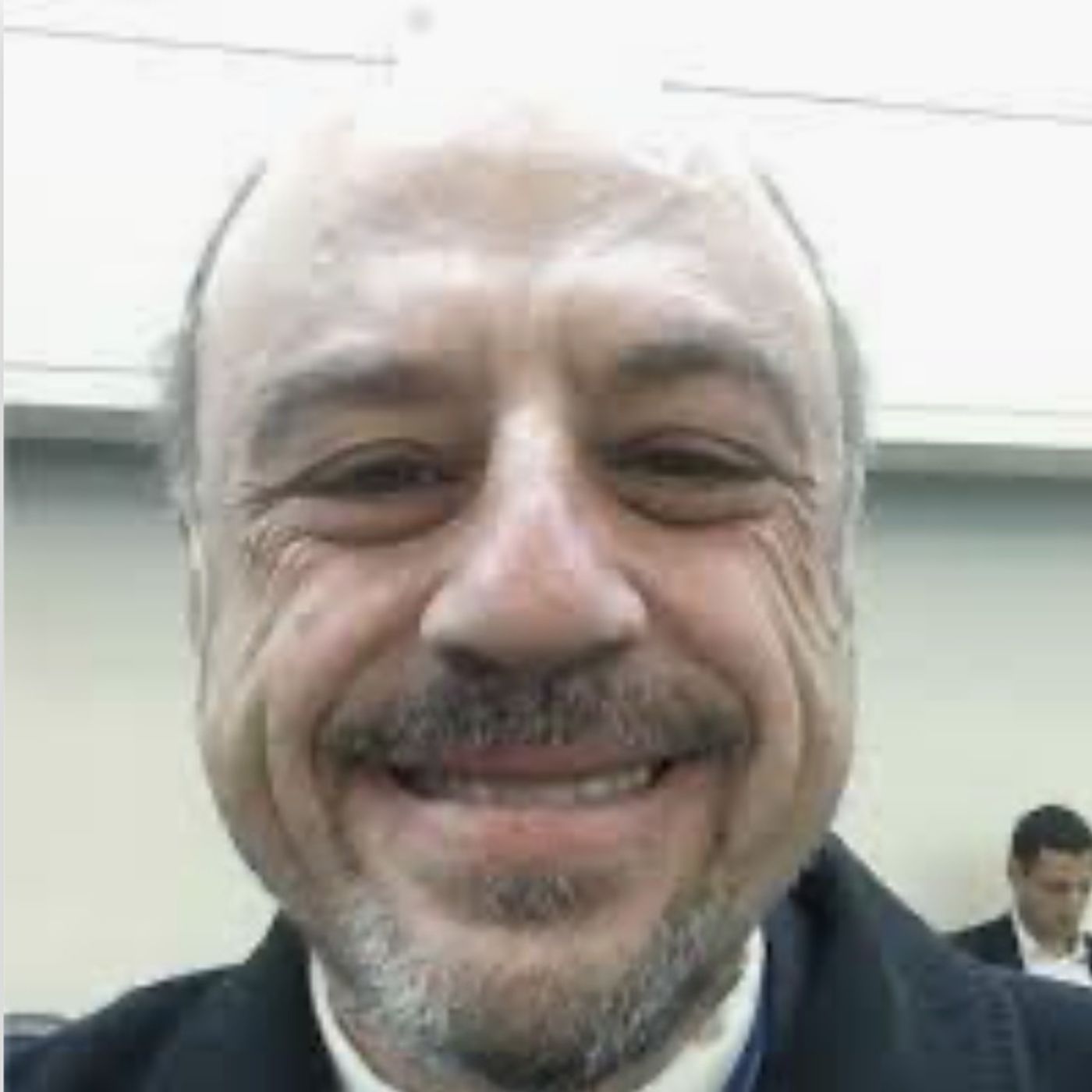
Rare Disease DiscussionsRetinoid Therapy for Congenital Ichthyosis Shows PromiseAlan Mendelsohn, MD, Chief Medical Officer at Timber Pharmaceuticals, gives an update on their congenital ichthyosis clinical trial.Congenital ichthyosis is a rare genetic skin disorder characterized by dry, thickened, and scaling skin. Individuals with this condition may experience limited range in motion, chronic itching, an inability to sweat, and increased risk of infections. Currently, there is no approved targeted therapy for congenital ichthyosis. Symptom management for the condition is most often achieved with topical treatments (e.g., emollients, keratolytics, frequent baths, pumice stones) aimed at reducing the scaling and/or improving skin lubrication.As Dr...
2021-11-2105 min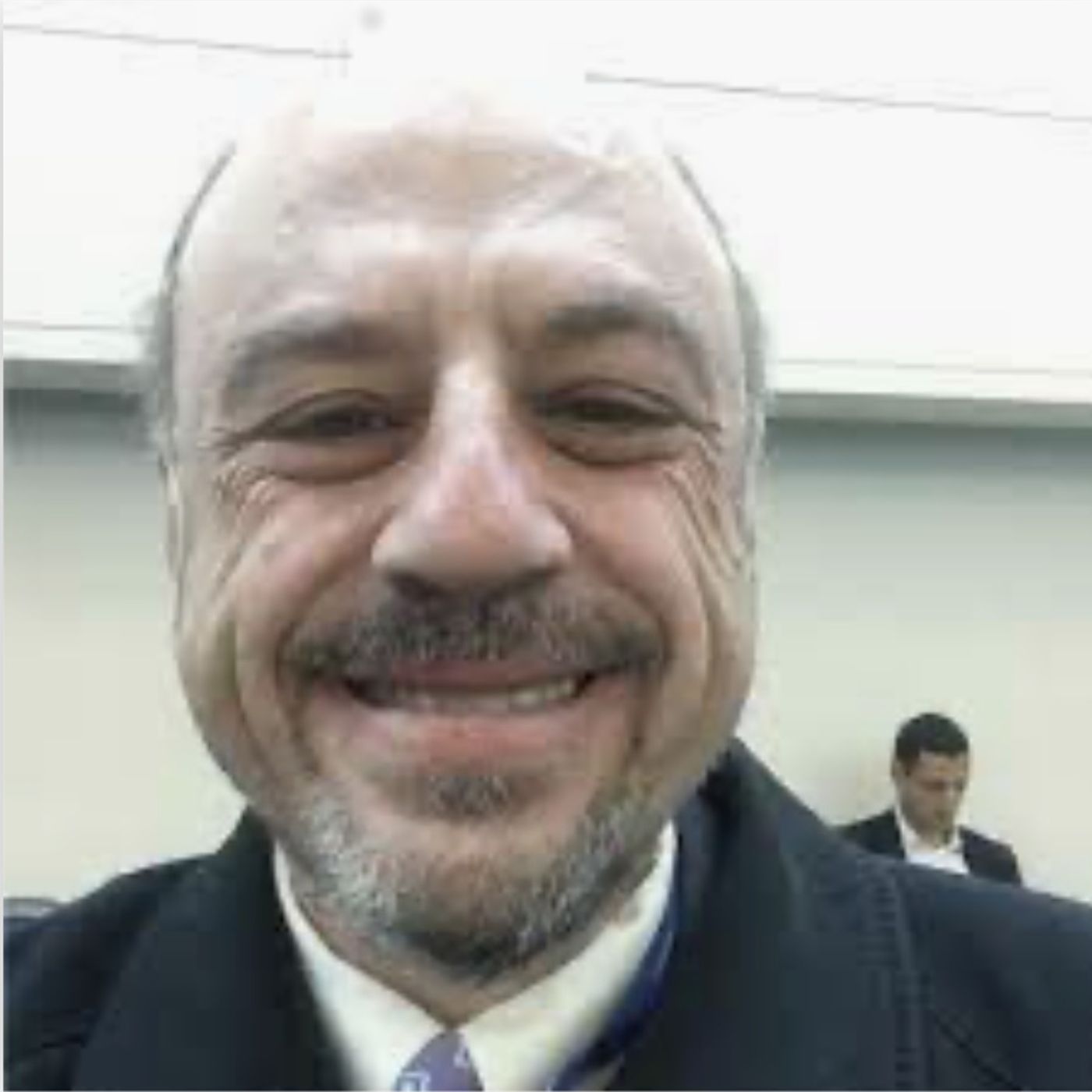
Rare Disease DiscussionsOverview of Congenital IchthyosisAlan Mendelsohn, MD, Chief Medical Officer at Timber Pharmaceuticals, gives a detailed overview of congenital ichthyosis.As Dr. Mendelsohn explains, congenital ichthyosis is a rare genetic skin disorder characterized by dry, thickened, and scaling skin. Individuals with this condition may experience limited range in motion, chronic itching, an inability to sweat, and increased risk of infections. Congenital harlequin ichthyosis is a devastating subtype where skin over the entire body is thickened which can inhibit eating and breathing.Dr. Mendelsohn also notes that there is no approved targeted therapy for congenital ichthyosis. Symptom management for the condition is most...
2021-11-1804 min
Rare Disease DiscussionsMilademetan Shows Promise as Treatment for Multiple Cancer TypesAvanish Vellanki, Cofounder and CEO at Rain Therapeutics, discusses the role of p53 and MDM2 in cancers like liposarcoma, the mechanism of action of milademetan, and the positive pre-clinical data presented at the 2021 World Conference of Lung Cancer. As Mr. Vellanki explains, p53 regulates the cell cycle and is essential for tumor suppression. MDM2 is a crucial regulator of p53. If MDM2 is overexpressed, p53 can be inactivated, leading to tumor growth and cancer progression. Milademetan, Rain Therapeutics’ lead product candidate, inhibits MDM2, and, in doing so, is hypothesized to reactivate p53 and thus control cancer growth in ap...
2021-10-1210 min
Rare Disease DiscussionsOverview of Juvenile Idiopathic Arthritis (JIA)Daniel Lovell, MD, MPH, Associate Director of the Division of Rheumatology at Cincinnati Children's Hospital Medical Center, gives an overview of juvenile idiopathic arthritis (JIA).As Dr. Lovell explains, JIA is an umbrella term for a number of diseases in individuals under the age of 16 and characterized by chronic arthritis that persists for at least 6 weeks. There are currently seven recognized subsets of JIA. These include: systemic juvenile idiopathic arthritis, oligoarticular juvenile idiopathic arthritis (also known as oligoarthritis), rheumatoid factor positive polyarticular juvenile idiopathic arthritis (also known as polyarthritis, rheumatoid factor positive), rheumatoid factor negative polyarticular juvenile idiopathic...
2021-10-1203 min
Rare Disease DiscussionsNew Insights into Lysosomal Storage Diseases’ Pathophysiology is Changing TreatmentDrs Ozlem Goker-Alpan and Gregory Grabowski discuss how new research into the pathophysiology of lysosomal storage diseases is changing how we manage these rare diseases. . This CME/CE activity is possible through an educational grant from Takeda, Cheisi, Ultragenyx Pharmaceuticals, and Spark Therapeutics.To obtain credit for this activity, please visit https://checkrare.com/learning-center/courses/
2021-07-281h 05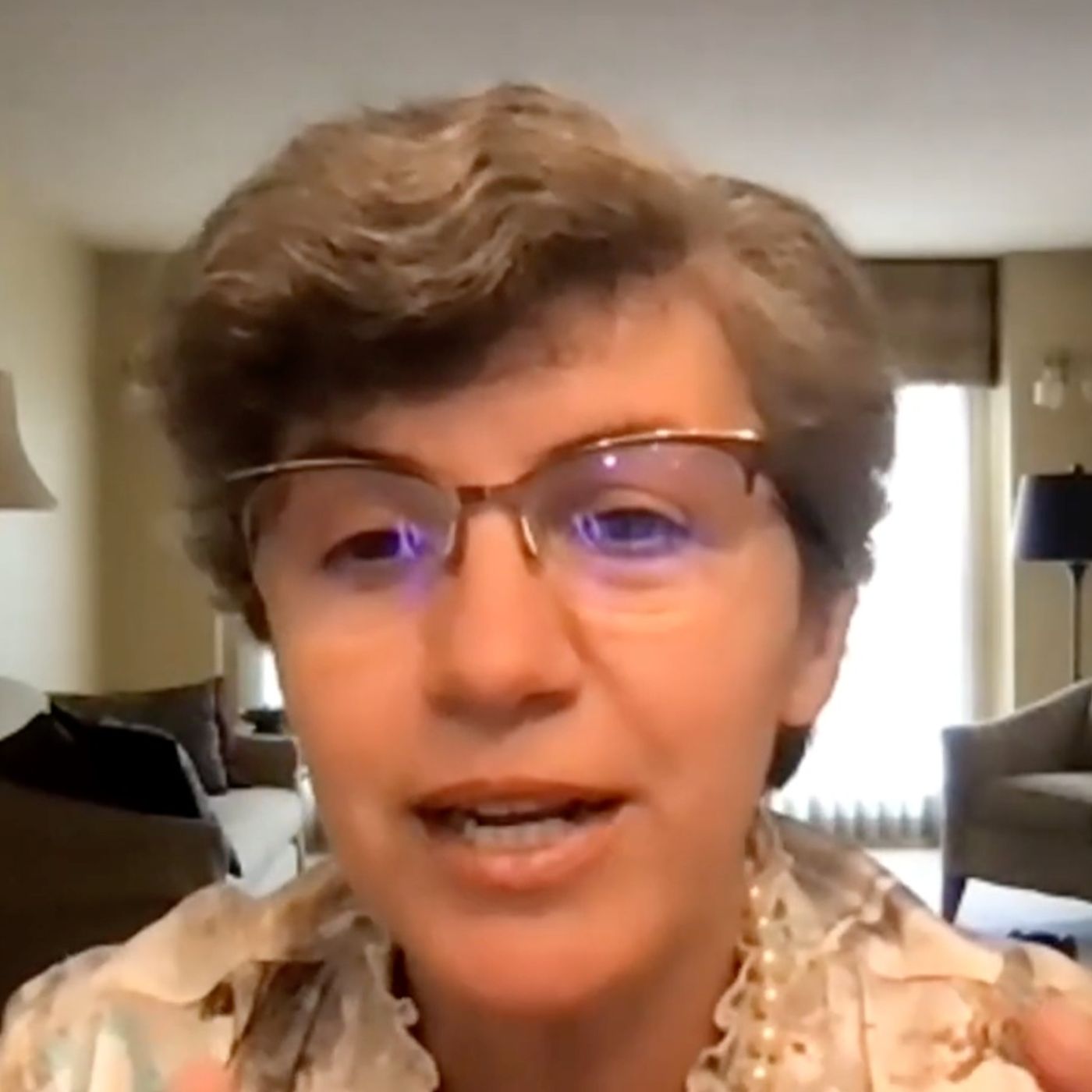
Rare Disease DiscussionsAcromegaly Highlights from ENDO 2021Maria Fleseriu, MD, FACE, Professor of Medicine and Neurological Surgery and Director of the Pituitary Center at Oregon Health and Science University provides an overview of acromegaly research highlights presented at ENDO 2021. This CME activity is possible through an educational grant from Ipsen BioPharmaceuticals, Inc.To obtain credit for this activity, please visit https://checkrare.com/learning-center/courses/
2021-06-1118 min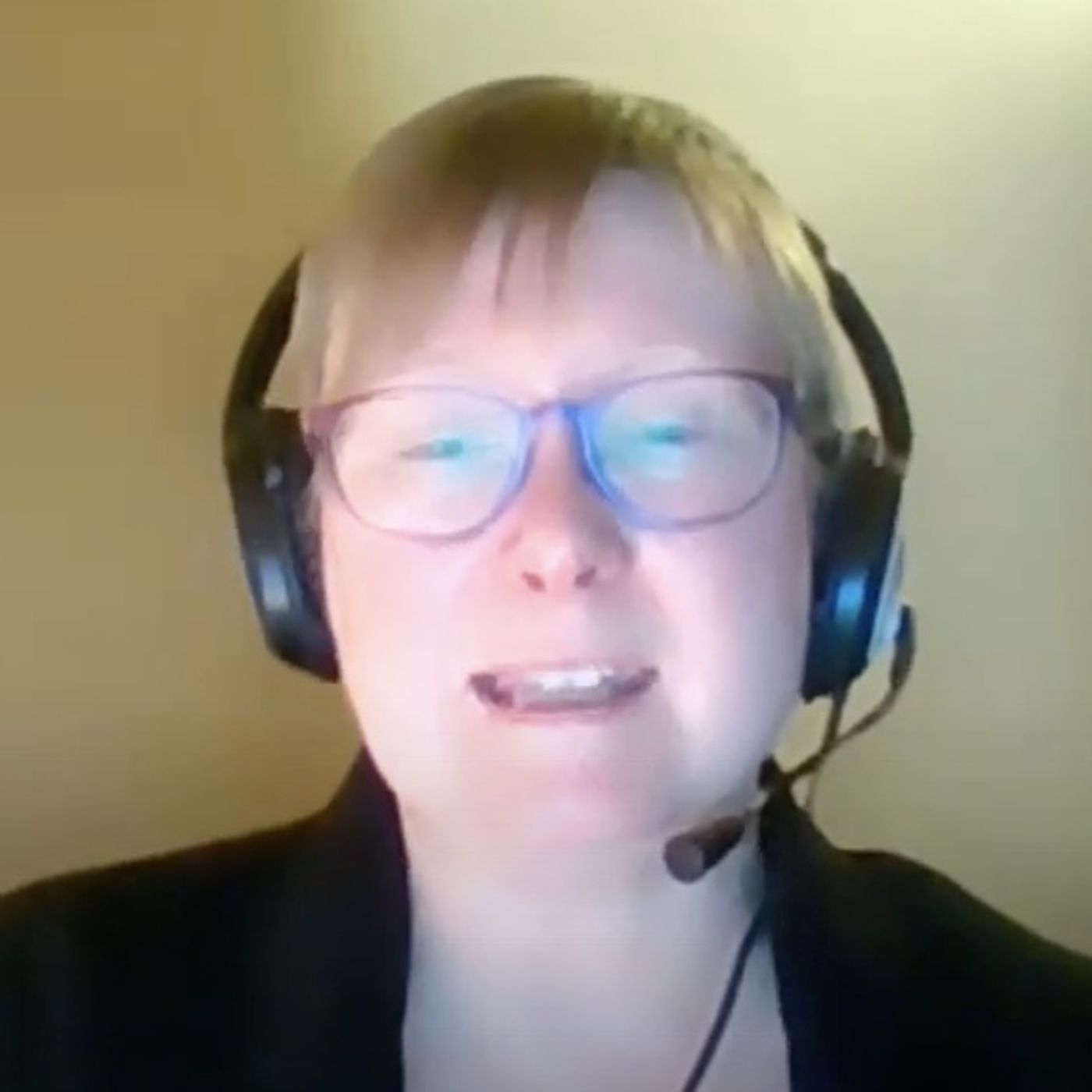
Rare Disease DiscussionsFabry Disease Research Highlights 2021Derralynn Hughes, MD, from the Royal Free London NHS Foundation Trust discusses the latest research about Fabry disease that was presented at WORLDSymposium 2021.To obtain CME credit, go to https://checkrare.com/learning-center/courses/
2021-04-2113 min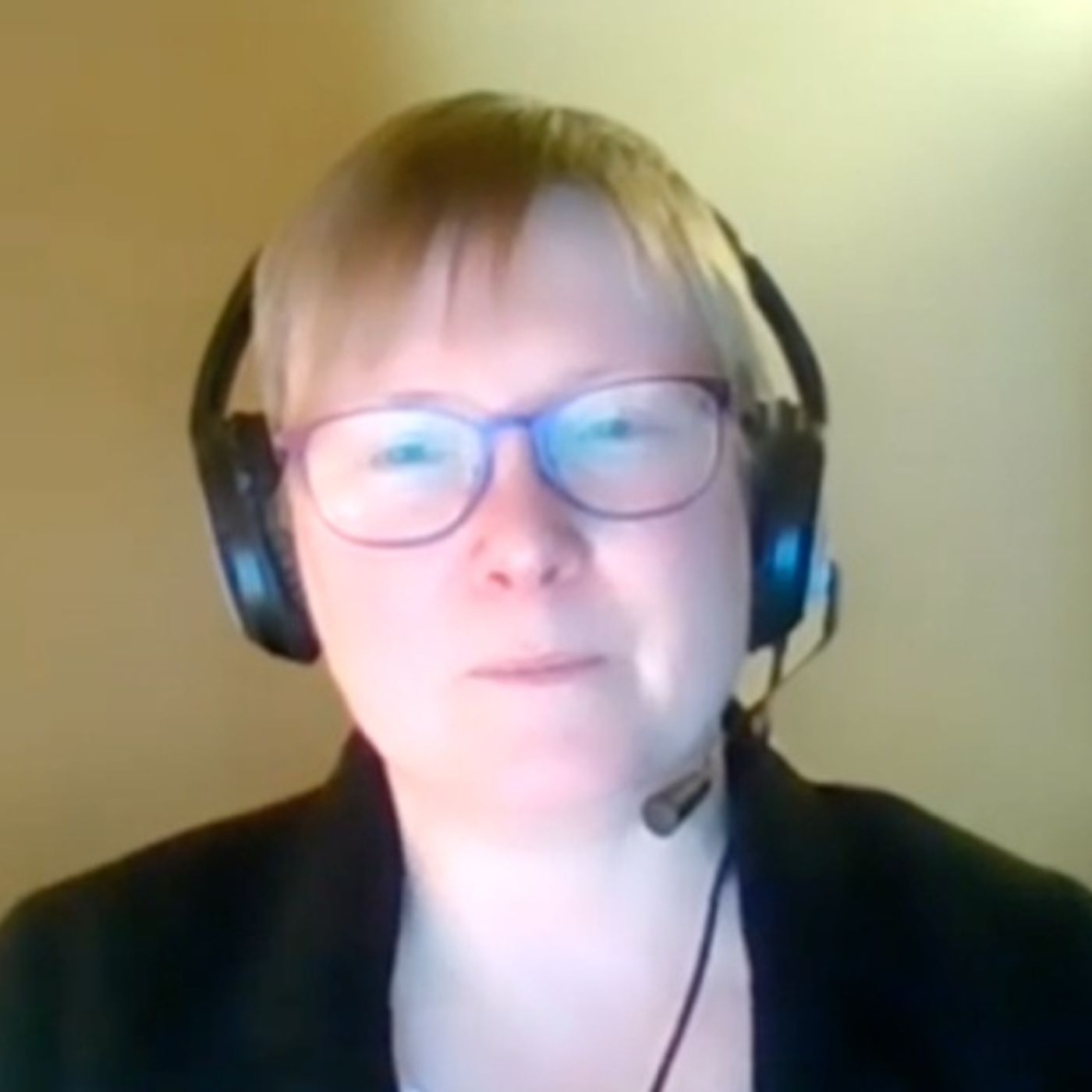
Rare Disease DiscussionsGaucher Disease Research HighlightsDerralynn Hughes, MD, Professor of Experimental Haematology at the University College London provides an overview of the exciting new research presented at ASH 2020 focused on Gaucher disease.The CME is jointly provided by American Academy of CME, Inc. and CheckRare CE, Inc, and supported by an educational grant from Takeda Pharmaceuticals U.S.A., Inc.To earn a CME credit, go to https://checkrare.com/learning-center/courses/
2021-03-2415 min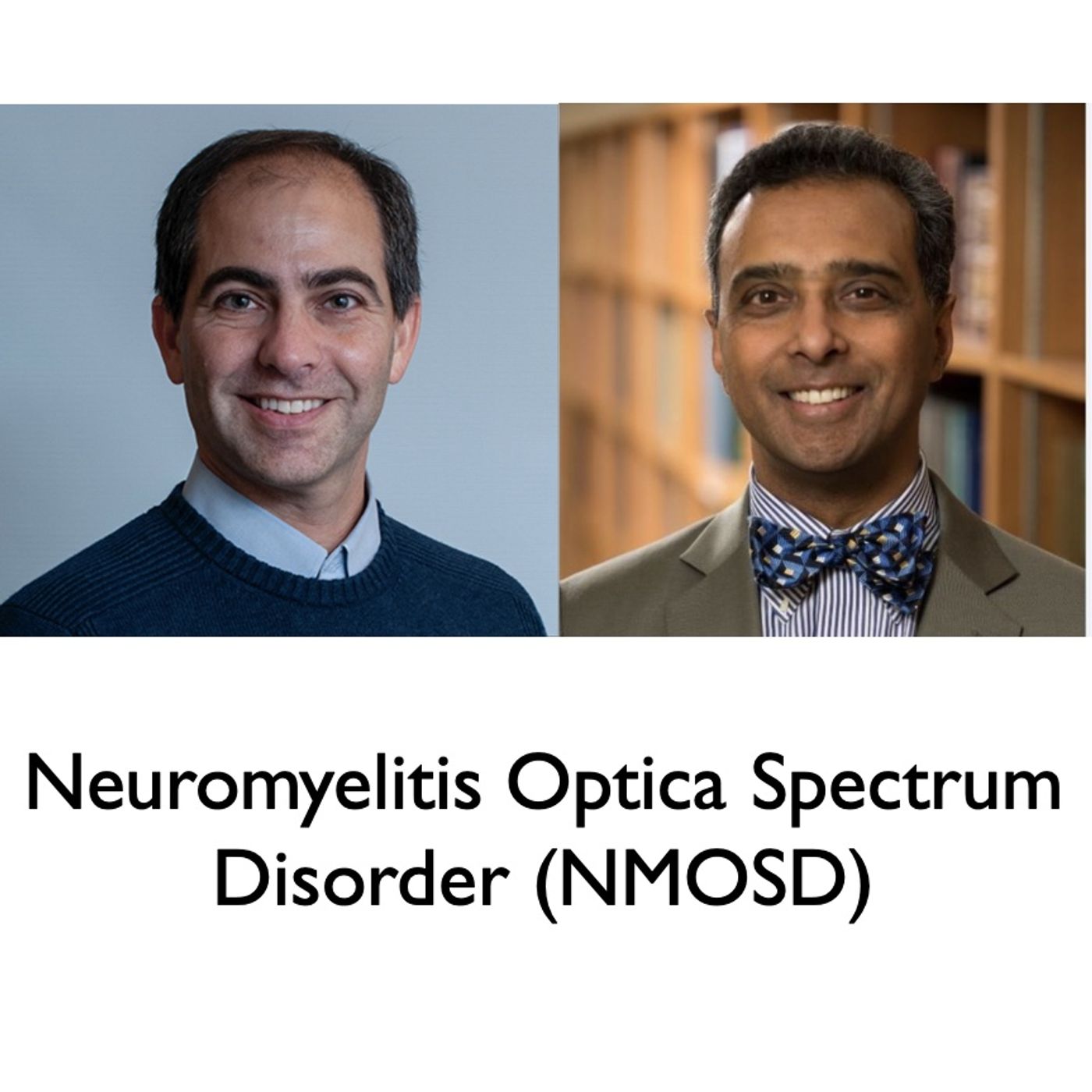
Rare Disease DiscussionsEye on Neuromyelitis Optica Spectrum Disorder (NMOSD)Neuromyelitis optica spectrum disorder (NMOSD) is a rare auto-immune that can often be confused with more common conditions, like multiple sclerosis. Ophthalmologist are often the first persons to see these patients but they may be unfamiliar with the symptoms of NMOSD and that can lead to delays in diagnosis.This CME module about suspecting and diagnosing managing patients with NMOSD during an ophthalmologic visit is hosted by Michael Levy, MD, PhD, Associate Neurologist at Massachusetts General Hospital and Prem Subramanian, MD, PhD, Professor of Ophthalmology at the University of Colorado Hospital. The CME is jointly provided...
2021-02-1427 min
Rare Disease DiscussionsPAH Highlights from CHEST 2020Richard N Channick, MD, Professor of Medicine at David Geffen School of Medicine at UCLA provides an overview of the latest research presented at CHEST 2020 focused on pulmonary arterial hypertension (PAH). The CME is jointly provided by American Academy of CME, Inc. and CheckRare CE, Inc, and supported by an educational grant from Actelion Pharmaceuticals US, Inc., a Janssen Pharmaceutical Company of Johnson & Johnson.To earn a CME credit, go to https://checkrare.com/learning-center/courses/
2021-02-1419 min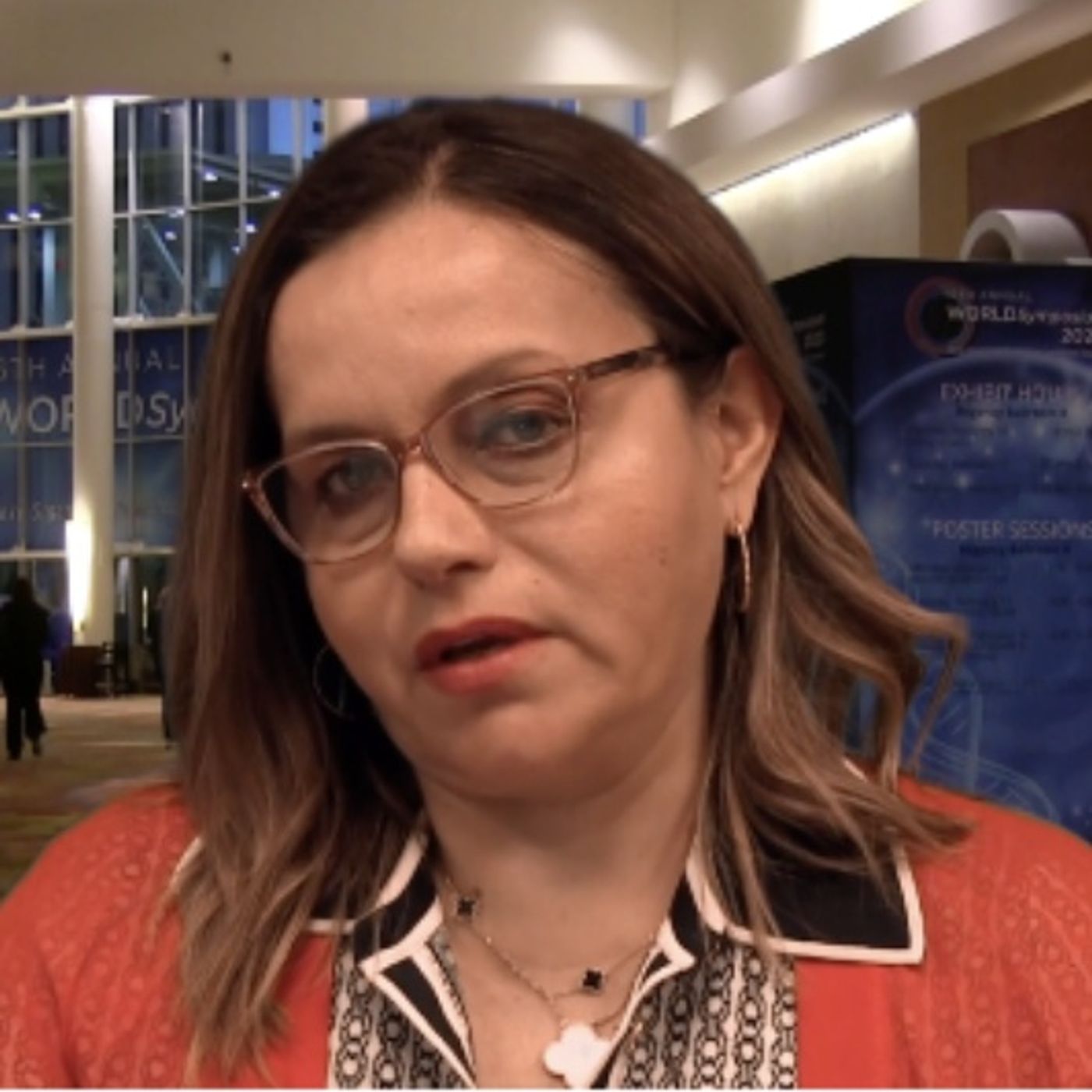
Rare Disease DiscussionsFabry Disease Research HighlightsOzlem Goker-Alpan, MD, Founder and President of the Lysosomal & Rare Disorders Research & Treatment Center, provides an overview of Fabry disease research highlights presented at WORLDSymposium. This CME activity is possible through an educational grant from Sanofi Genzyme. To obtain credit for this activity, please visit https://checkrare.com/learning/p-2020world-fabry-disease-highlights-from-worldsymposium-2020/
2021-01-2520 min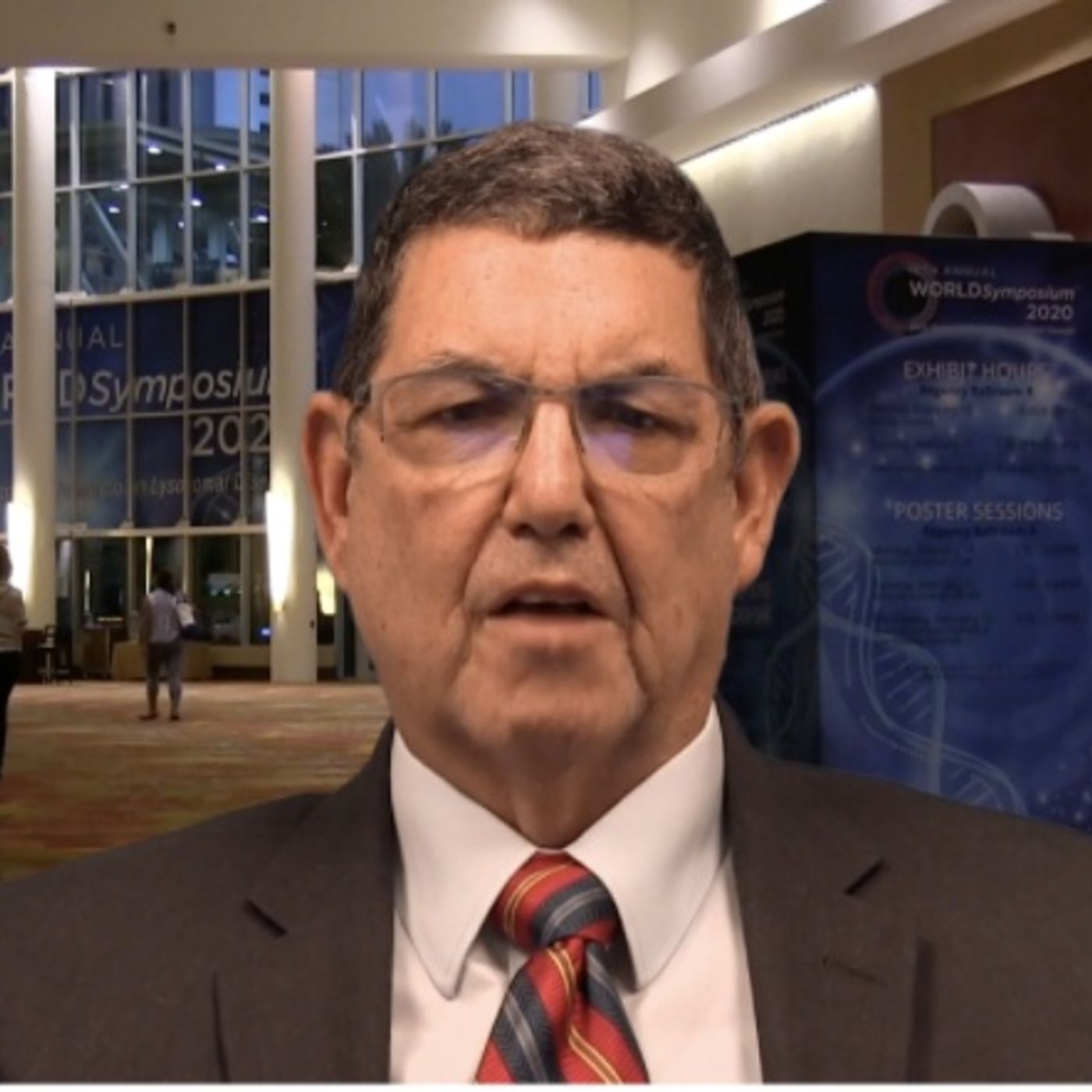
Rare Disease DiscussionsGaucher Disease Research HighlightsNeal Weinreb, MD, FACP, Regional Coordinator and Chair of the International Collaborative Gaucher Group provides an overview of Gaucher disease research highlights presented at WORLDSymposium. This CME activity is possible through an educational grant from Sanofi Genzyme. To obtain credit for this activity, please visit https://checkrare.com/learning/p-2020world-gaucher-disease-highlights-from-worldsymposium-2020/
2021-01-2524 min
Rare Disease DiscussionsMucopolysaccharidoses (MPSs) Research HighlightsBarbara K. Burton, MD from the Northwestern University Feinberg School of MedicineChicago, IL provides an overview of Mucopolysaccharidoses (MPSs) Highlights from WORLDSymposium.This CME activity is possible through an educational grant from Ultragenyx Pharmaceutical Inc To obtain credit for this activity, please visit https://checkrare.com/learning/p-2020world-mps-highlights-from-worldsymposium-2020/
2021-01-2519 min
Rare Disease DiscussionsWhen to Suspect ATTR AmyloidosisMorie A Gertz, MD, MACP, Professor of Medicine at the Mayo Clinic College of Medicine and Science in Rochester, Minnesota discusses signs and symptoms that are suspicious of ATTR amyloidosis. This CME activity is possible through an educational grants from Akcea Therapeutics and Alnylam Pharmaceuticals. To obtain credit for this activity, please visit https://checkrare.com/learning/p-managing-attr-module1-suspecting-attr-amyloidosis/
2021-01-2518 min
Rare Disease DiscussionsDiagnosing ATTR AmyloidosisMorie A Gertz, MD, MACP, Professor of Medicine at the Mayo Clinic College of Medicine and Science in Rochester, Minnesota discusses best practices to diagnose ATTR amyloidosis. This CME activity is possible through an educational grants from Akcea Therapeutics and Alnylam Pharmaceuticals. To obtain credit for this activity, please visit https://checkrare.com/learning/p-managing-attr-module2-diagnosing-attr-amyloidosis/
2021-01-2515 min
Rare Disease DiscussionsSpinal Muscular Atrophy and Genetic CounselingNancy L. Kuntz, MD, FAAN, Professor of Pediatrics and Neurology at Northwestern University Feinberg School of Medicine provides an overview of the importance of genetic counseling for spinal muscular atrophy (SMA). This CME activity is possible through an educational grant from AveXis. To obtain credit for this activity, please visit https://checkrare.com/learning/p-spinal-muscular-atrophy-module4-genetic-counseling-sma/
2021-01-2512 min
Rare Disease DiscussionsSpinal Muscular Atrophy and Newborn ScreeningNancy L. Kuntz, MD, FAAN, Professor of Pediatrics and Neurology at Northwestern University Feinberg School of Medicine provides an overview of the importance of newborn screening for spinal muscular atrophy (SMA). This CME activity is possible through an educational grant from AveXis. To obtain credit for this activity, please visit https://checkrare.com/learning/p-spinal-muscular-atrophy-module3-newborn-screening-sma/
2021-01-2512 min
Rare Disease DiscussionsTreating Spinal Muscular AtrophyNancy L. Kuntz, MD, FAAN, Professor of Pediatrics and Neurology at Northwestern University Feinberg School of Medicine provides an overview of best practices to treat spinal muscular atrophy (SMA). This CME activity is possible through an educational grant from AveXis. To obtain credit for this activity, please visit https://checkrare.com/learning/p-spinal-muscular-atrophy-module2-managing-sma/
2021-01-2514 min
Rare Disease DiscussionsDiagnosing Spinal Muscular AtrophyNancy L. Kuntz, MD, FAAN, Professor of Pediatrics and Neurology at Northwestern University Feinberg School of Medicine provides an overview of best practices to diagnose spinal muscular atrophy (SMA). This CME activity is possible through an educational grant from AveXis. To obtain credit for this activity, please visit https://checkrare.com/learning/p-spinal-muscular-atrophy-module1-diagnosing-sma/
2021-01-2514 min
Rare Disease DiscussionsNETS Research HighlightsEdward M Wolin, MD, Professor of Medicine from the Icahn School of Medicine at Mount Sinai provides an overview of neuroendocrine tumors research highlights presented at ENDO 2020. This CME activity is possible through an educational grant from Ipsen BioPharmaceuticals, Inc. To obtain credit for this activity, please visit https://checkrare.com/learning/p-endo2020-neuroendocrine-tumors-nets-abstract-highlights/
2021-01-2512 min
Rare Disease DiscussionsClinical Data Shows Promise for SCID TreatmentJudy Shizuru, MD, Blood and Marrow Transplant Specialist, Stanford University School of Medicine, discusses clinical data from an ongoing phase 1 trial of JSP191 in patients with severe combined immune deficiency (SCID).SCID is a group of inherited immune system disorders characterized by abnormalities with responses of both T cells and B cells. Common symptoms include an increased susceptibility to infections including ear infections; pneumonia or bronchitis; oral thrush; and diarrhea.As Dr. Shizuru explains, JSP191 is a humanized monoclonal antibody in clinical development as a conditioning agent that clears hematopoietic stem cells from bone marrow....
2021-01-1105 min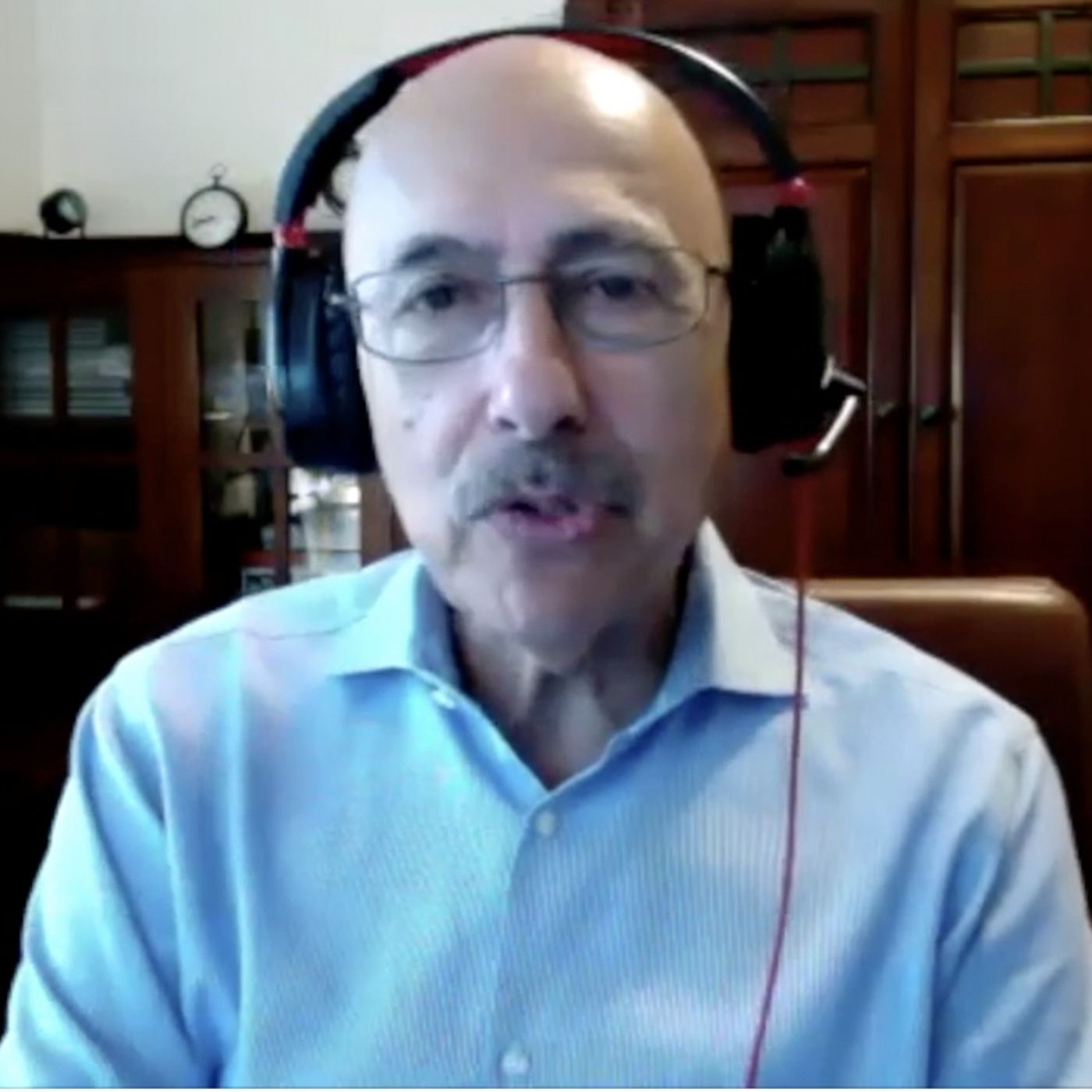
Rare Disease DiscussionsNarcolepsy Highlights from AAN 2020Maurice Ohayon, MD, PhD, Professor of Psychiatry and Behavioral Sciences atStanford University summarizes key research on narcolepsy presented at the American Academy of Neurology (AAN) 2020 annual meeting.To obtain CME credit, go to https://checkrare.com/learning/p-aan2020-narcolepsy-abstract-highlights-from-aan-2020/
2020-10-2620 min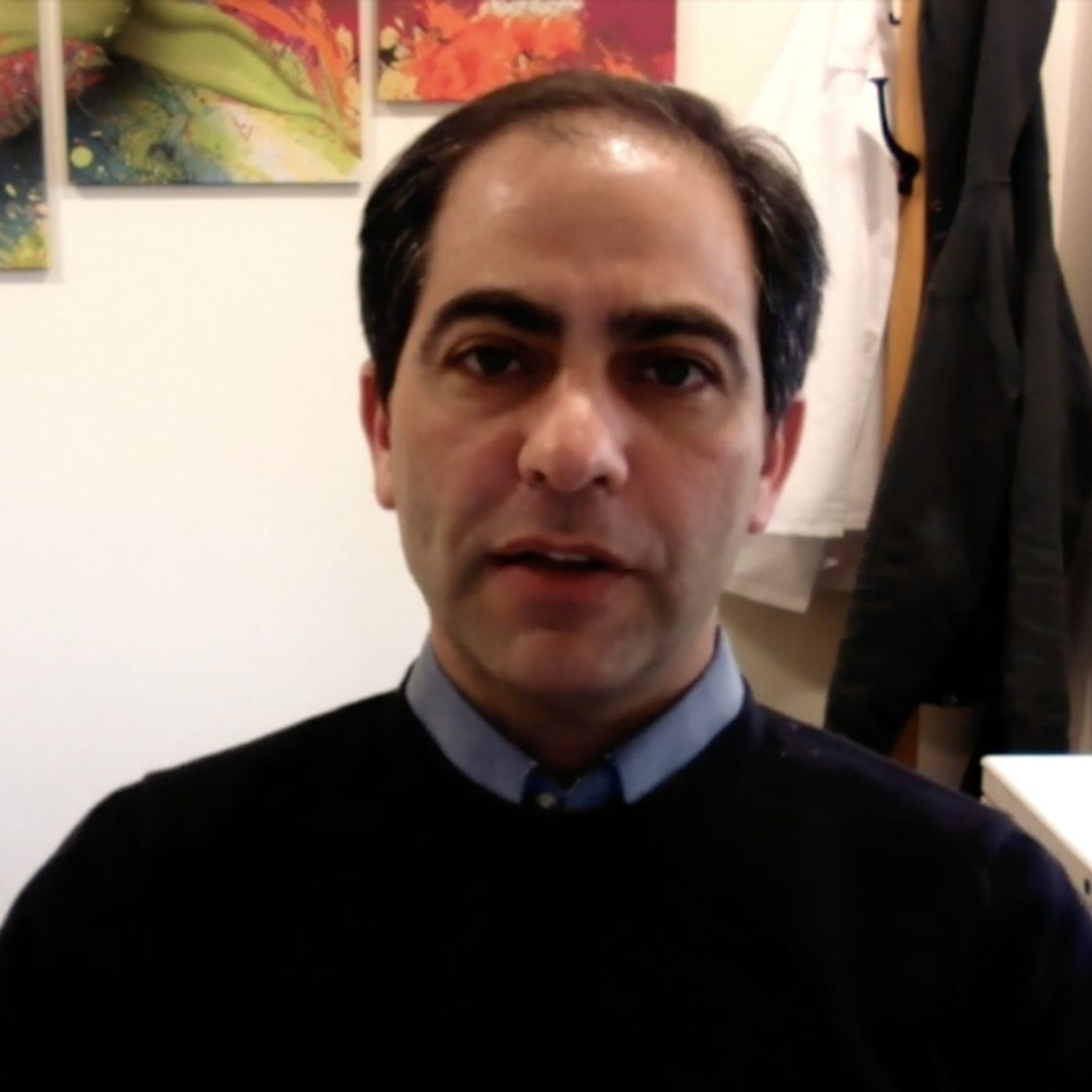
Rare Disease DiscussionsNMOSD Highlights from AAN 2020Michael Levy, MD, PhD, Associate Professor, Harvard Medical School summarizes key research on neuromyelitis optica spectrum disorder (NMOSD) presented at the American Academy of Neurology (AAN) 2020 annual meeting. To obtain CME credit, go to https://checkrare.com/learning/p-aan2020-nmosd-abstract-highlights-from-aan-2020/
2020-10-2620 min
Rare Disease DiscussionsCheckRare: Diagnosing Gaucher Disease Before ERTCyndi Frank, of the Gaucher Community Alliance explains her long diagnostic journey.
2020-05-0905 min